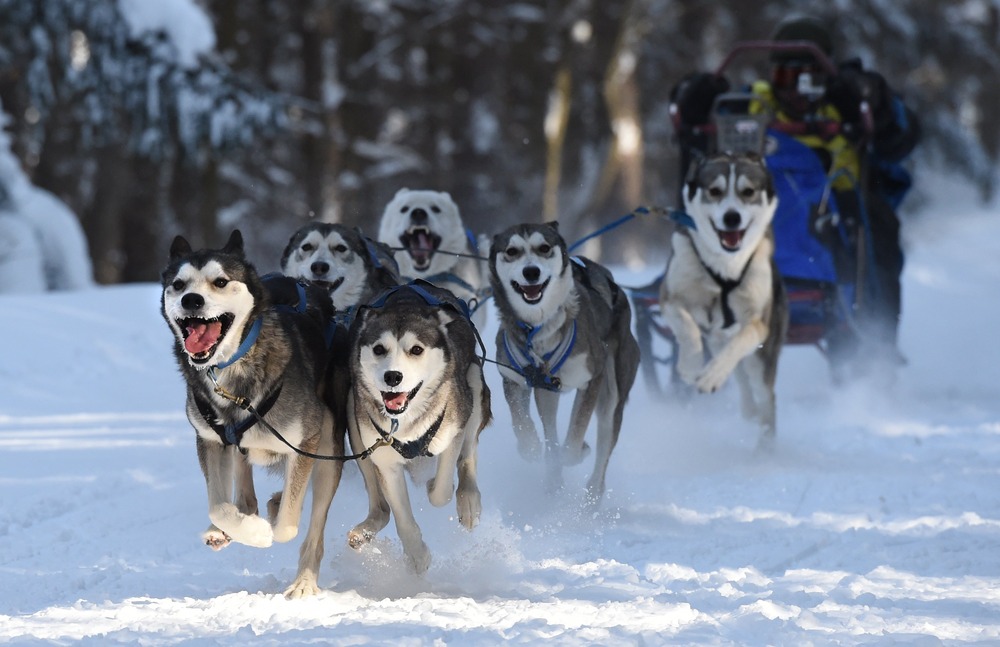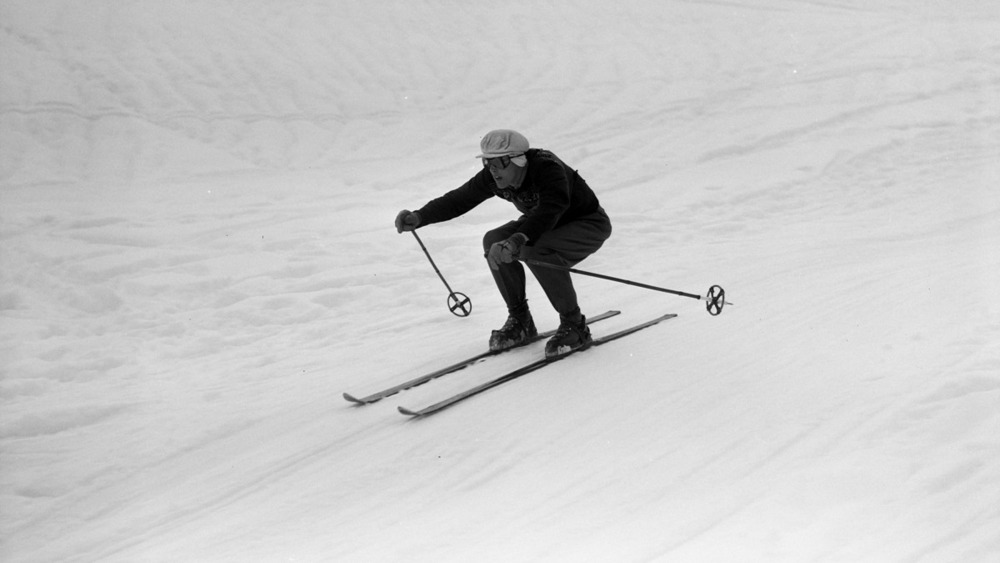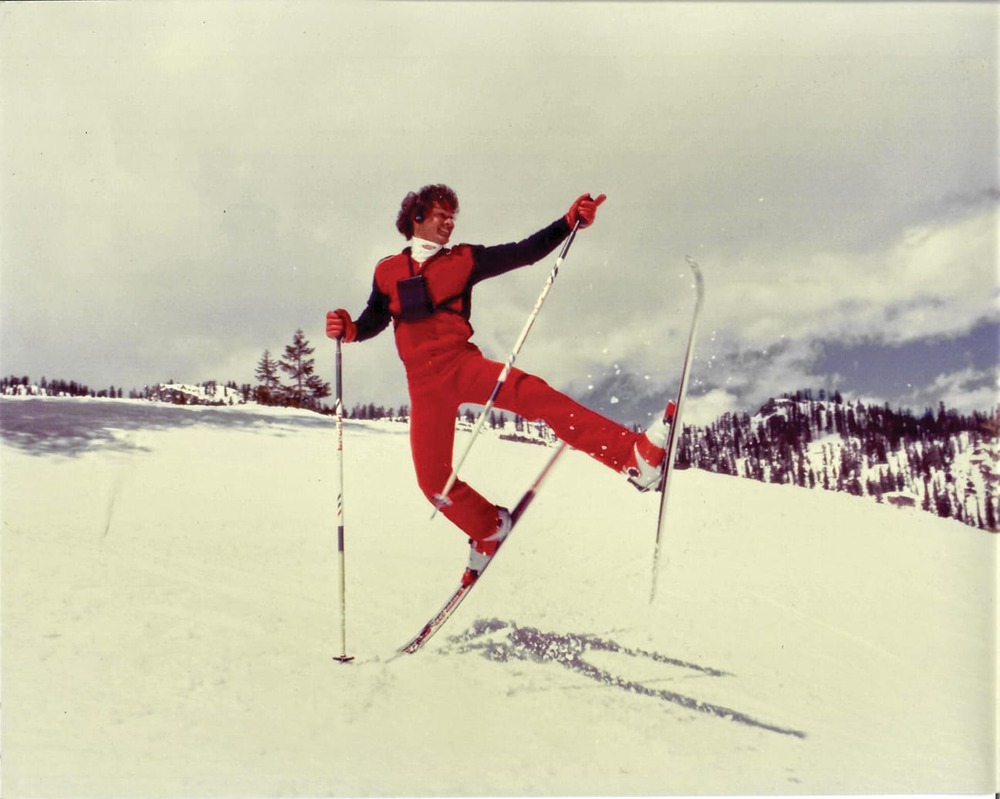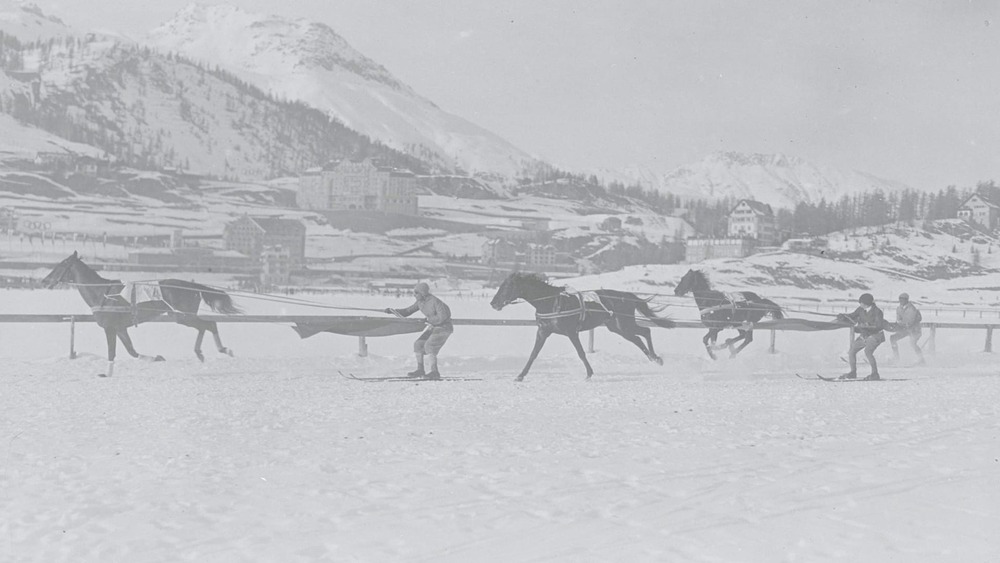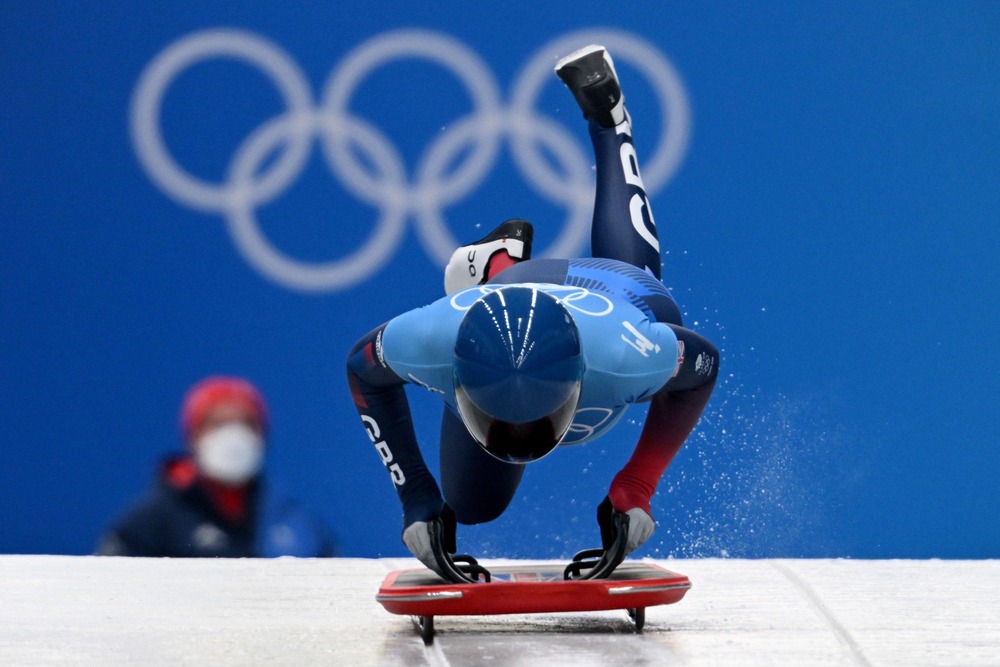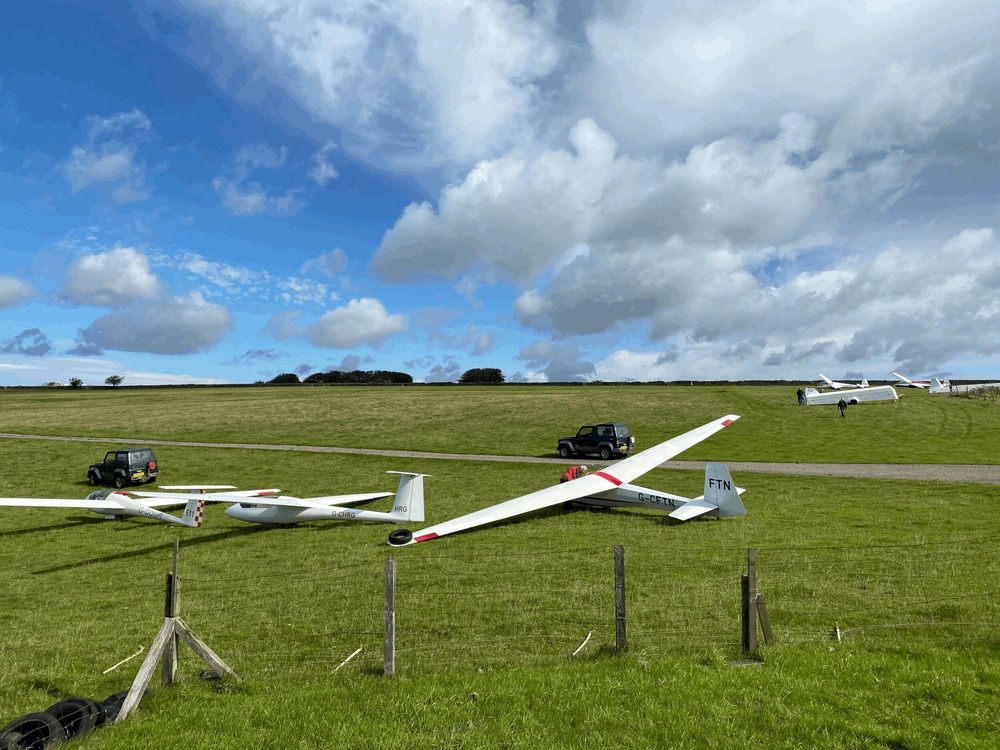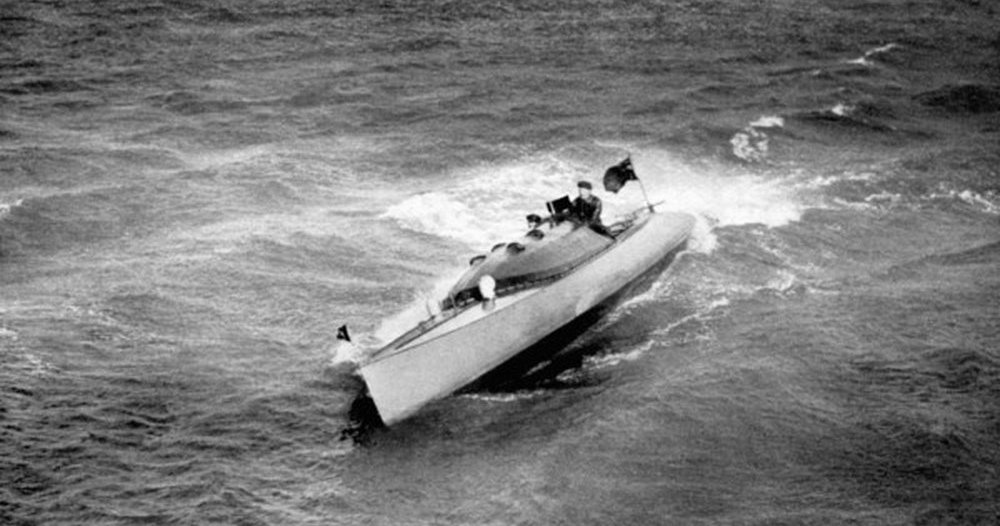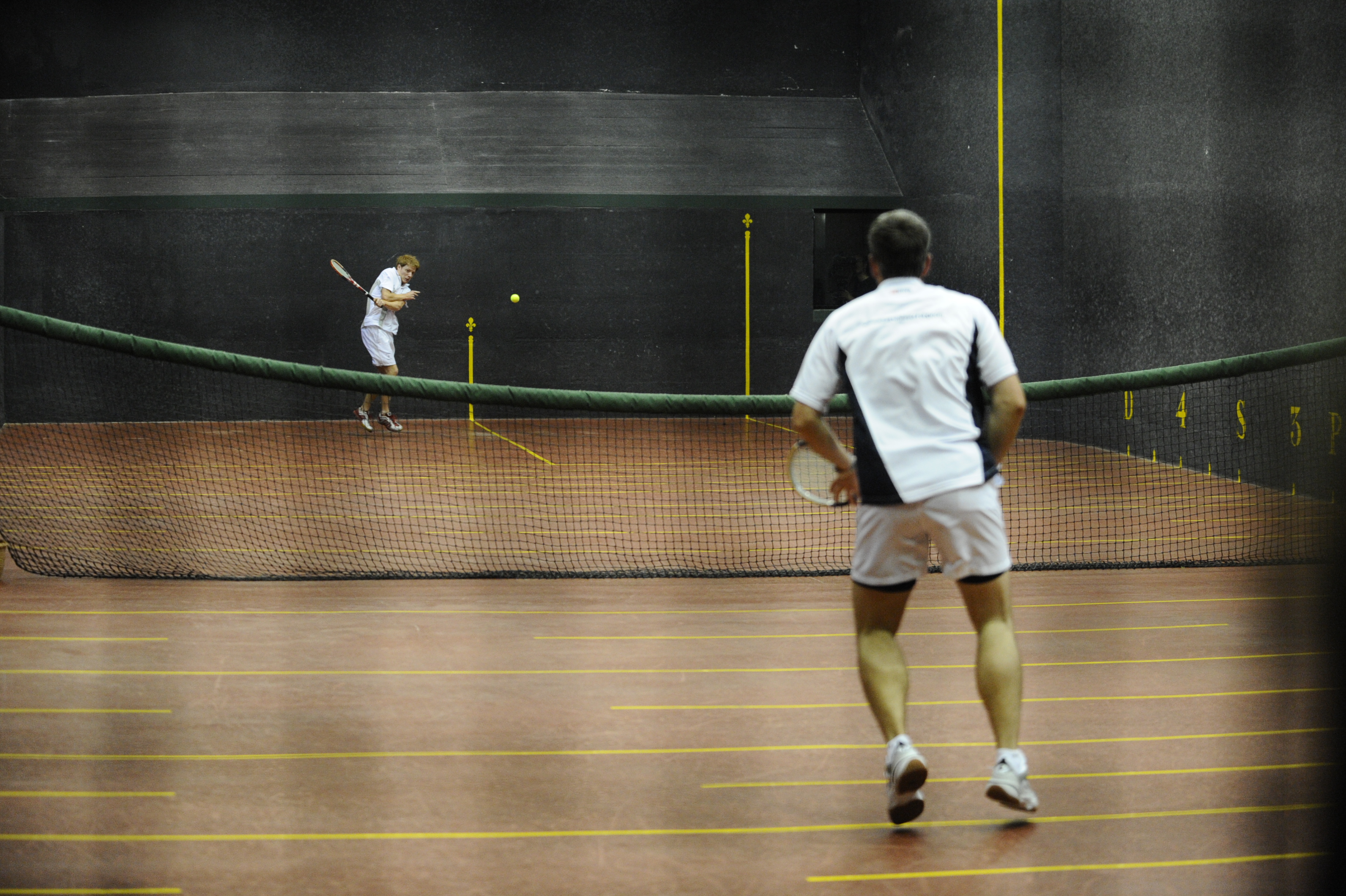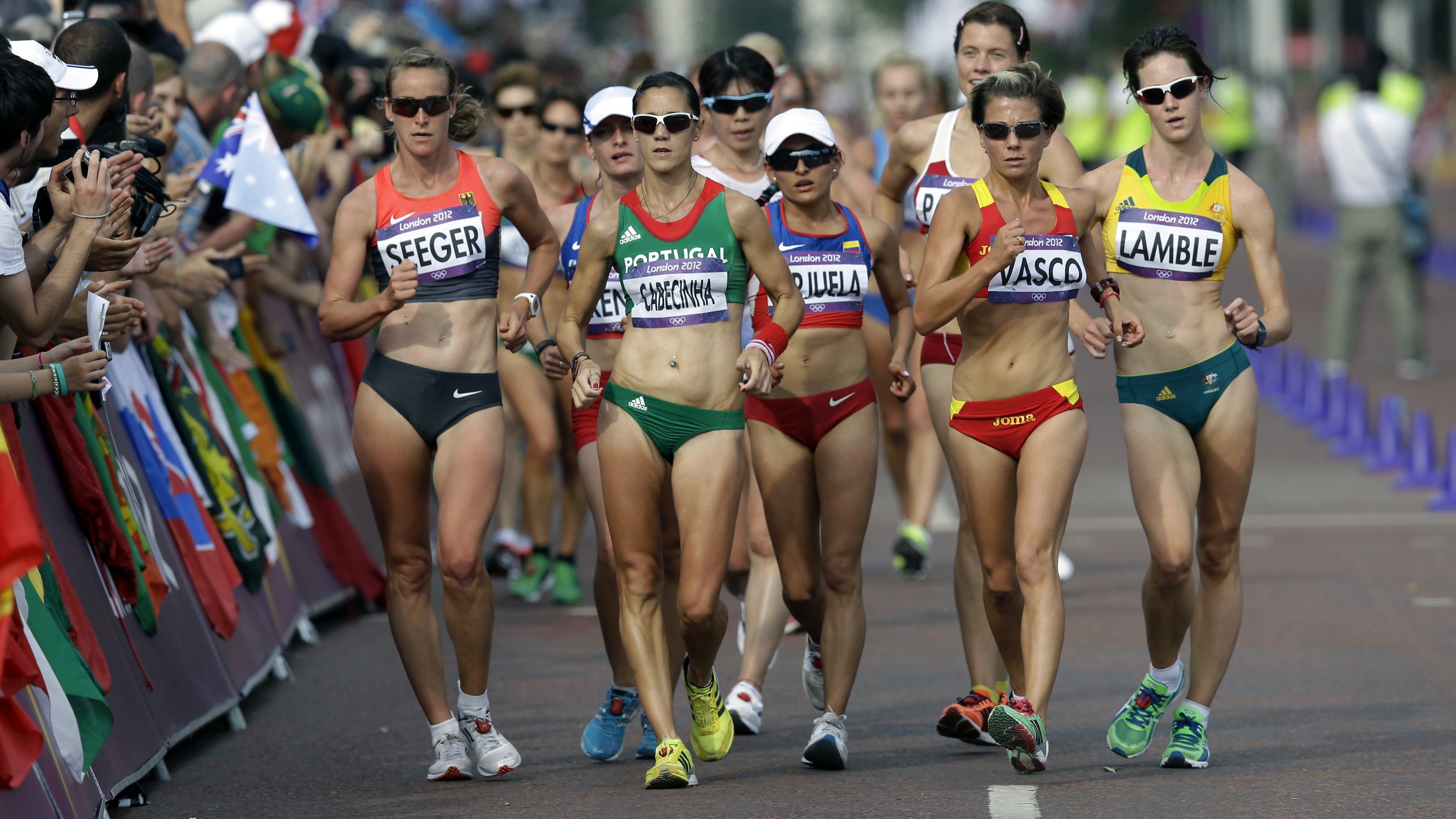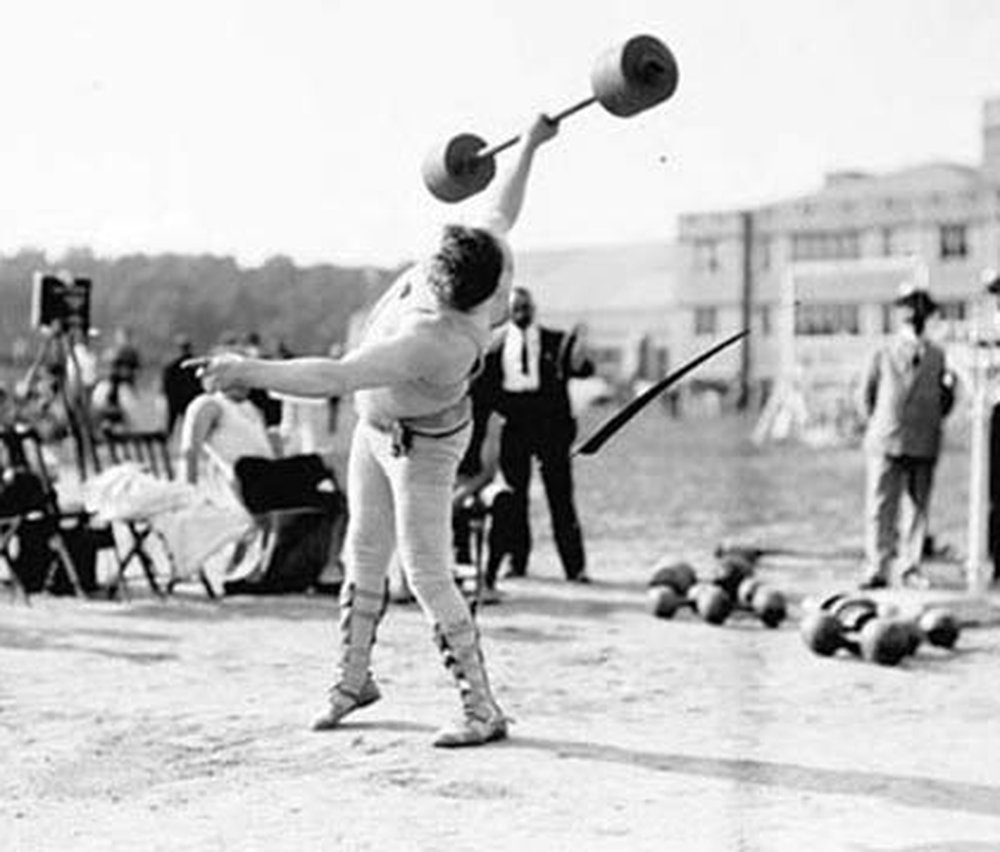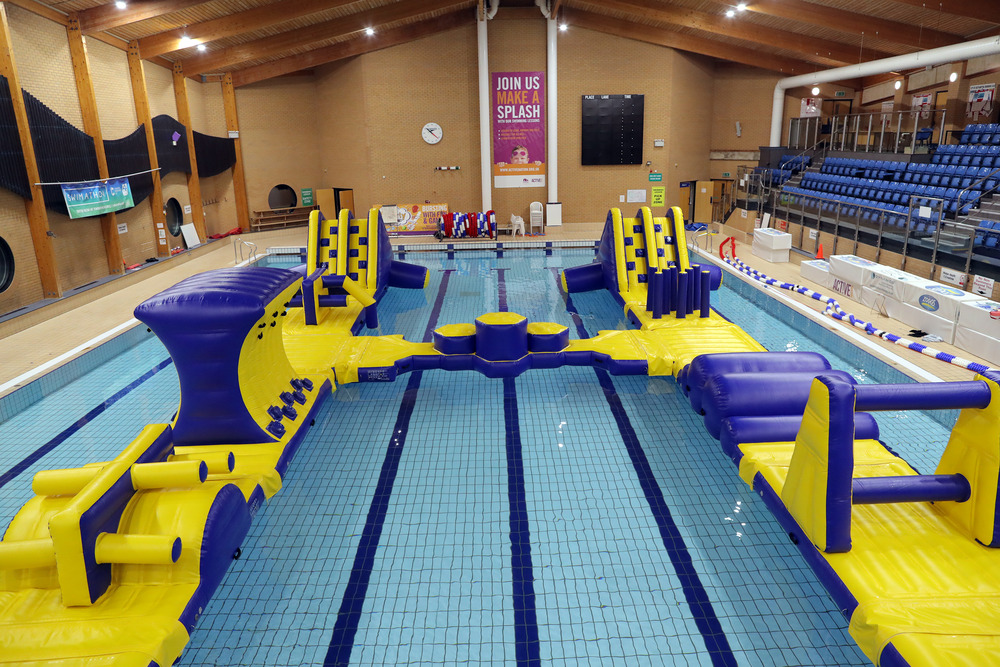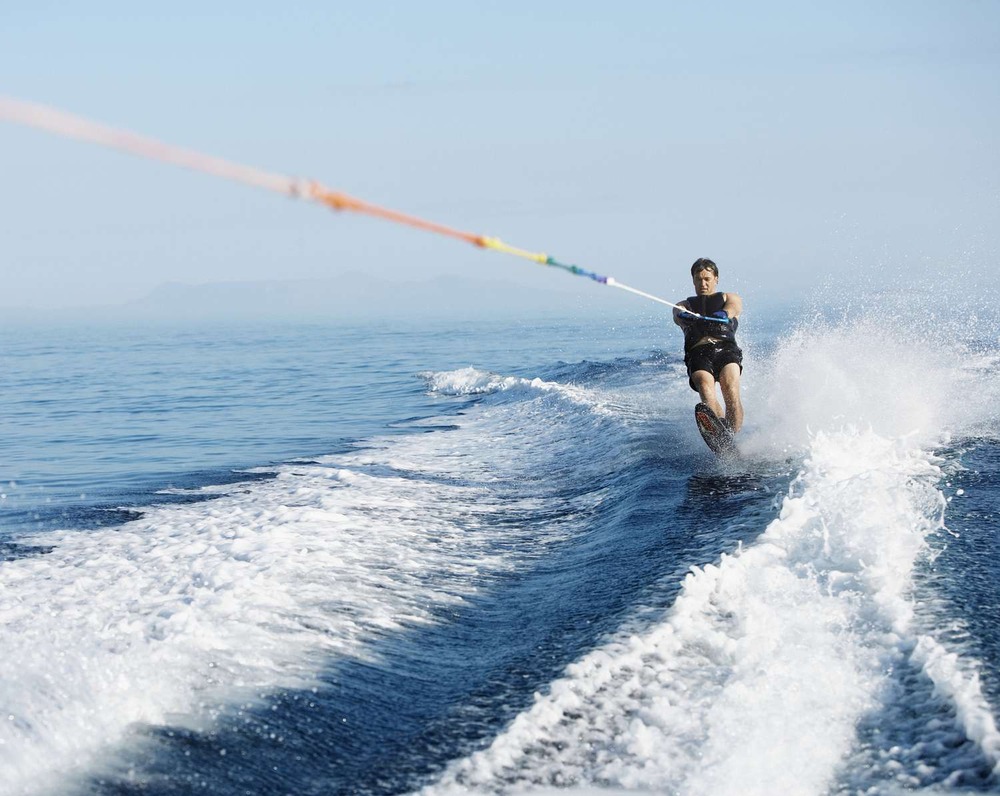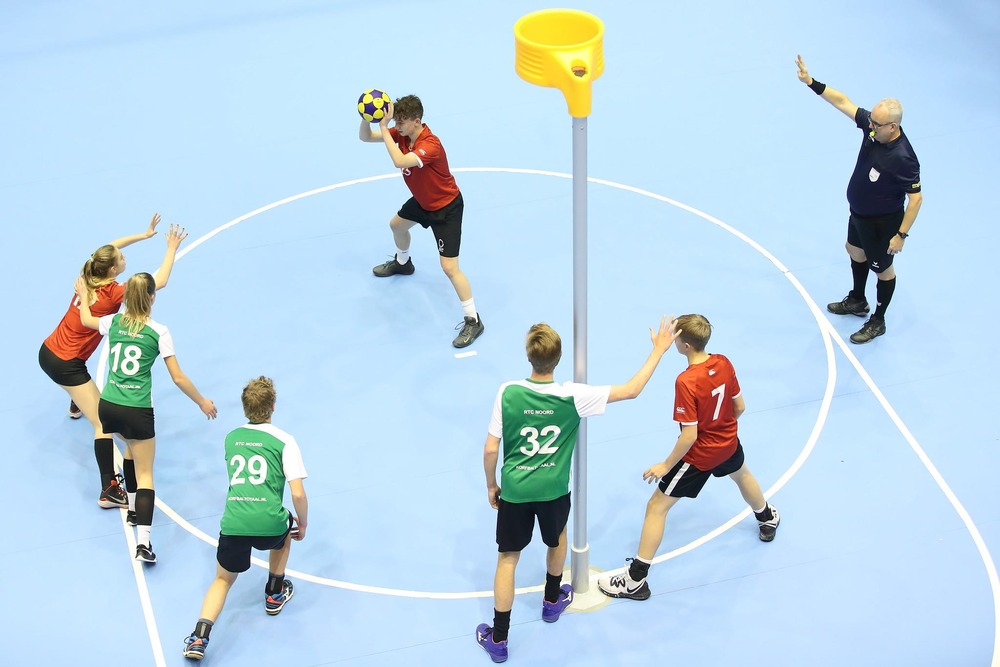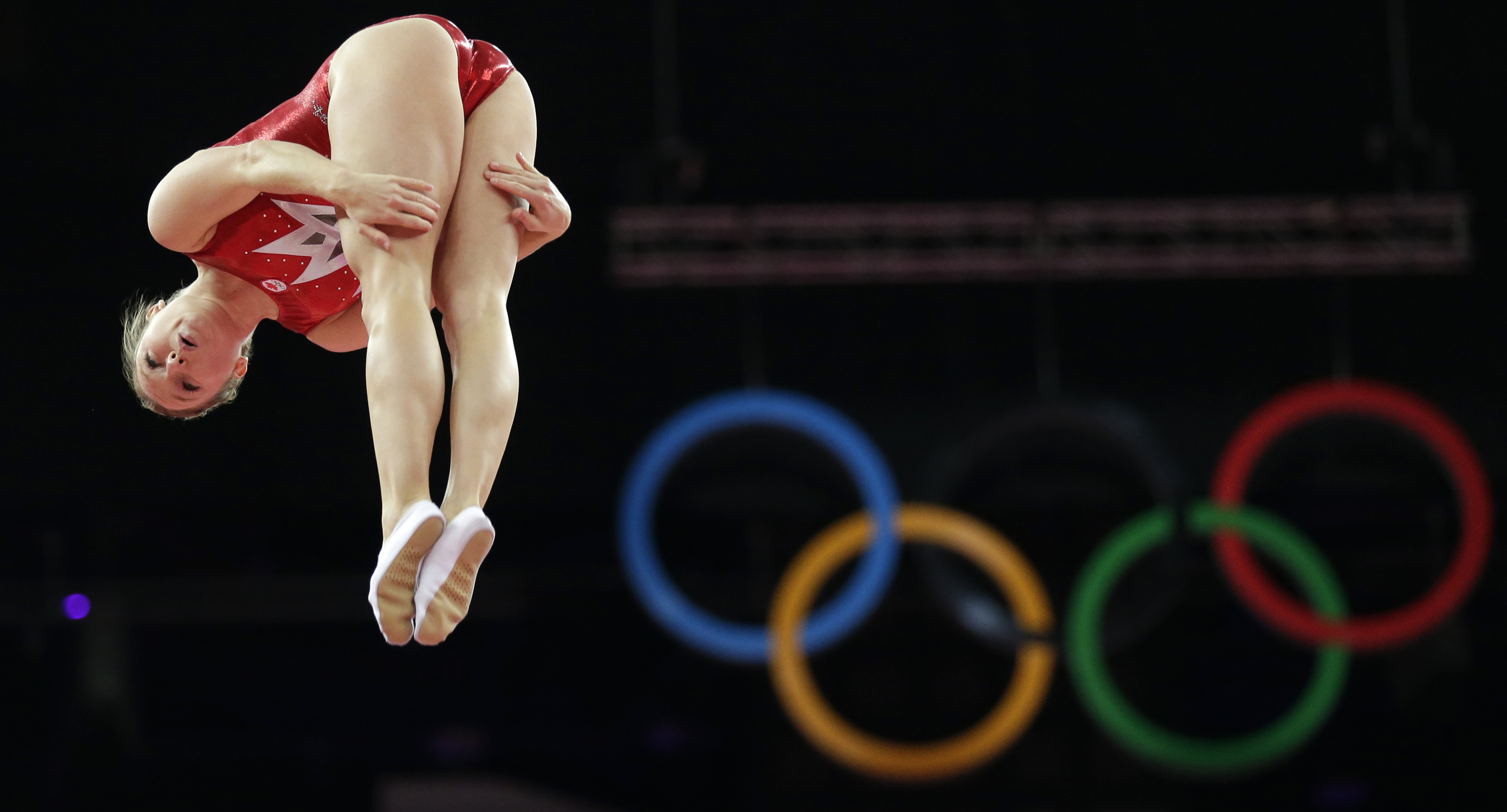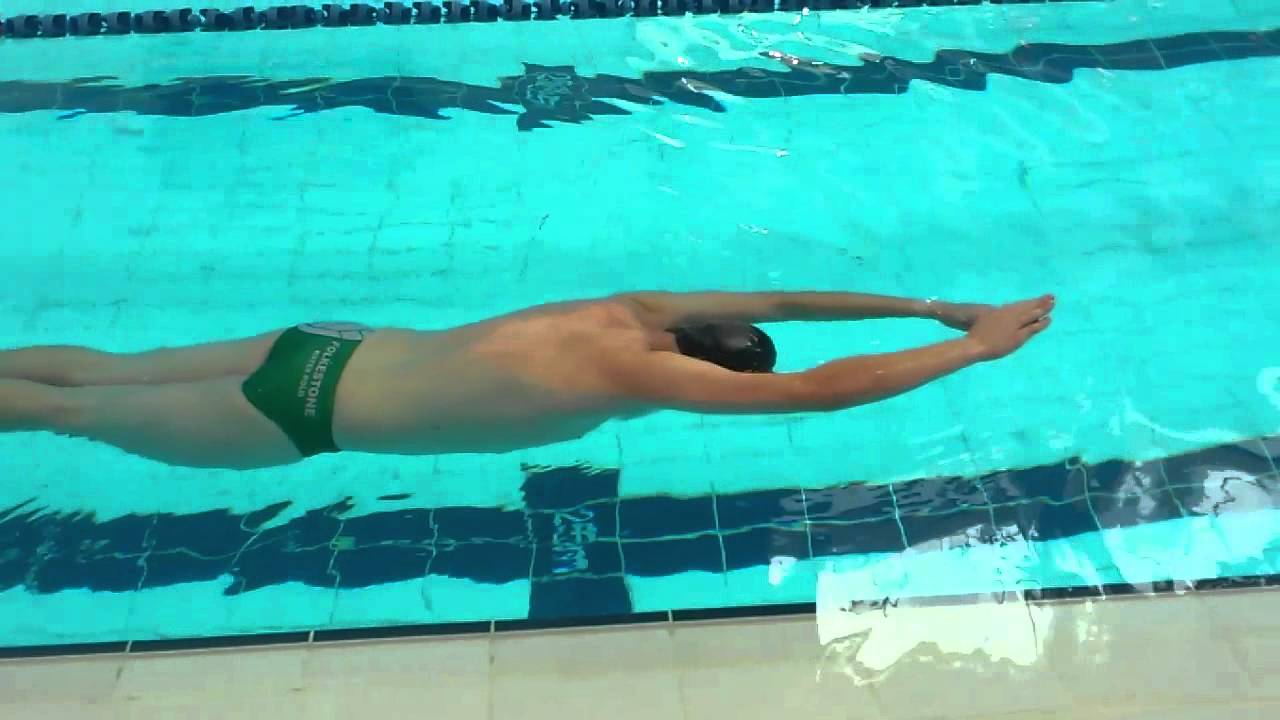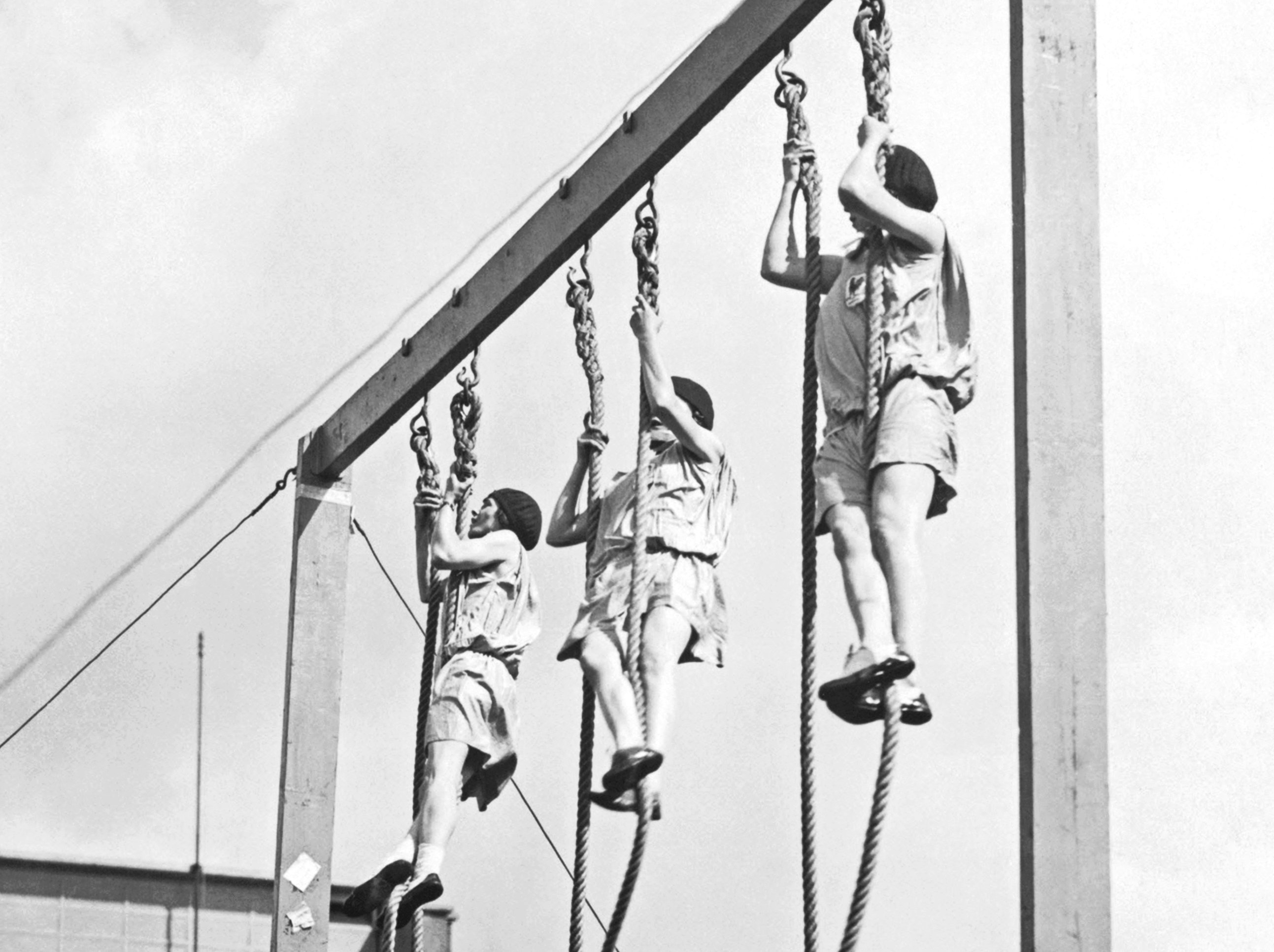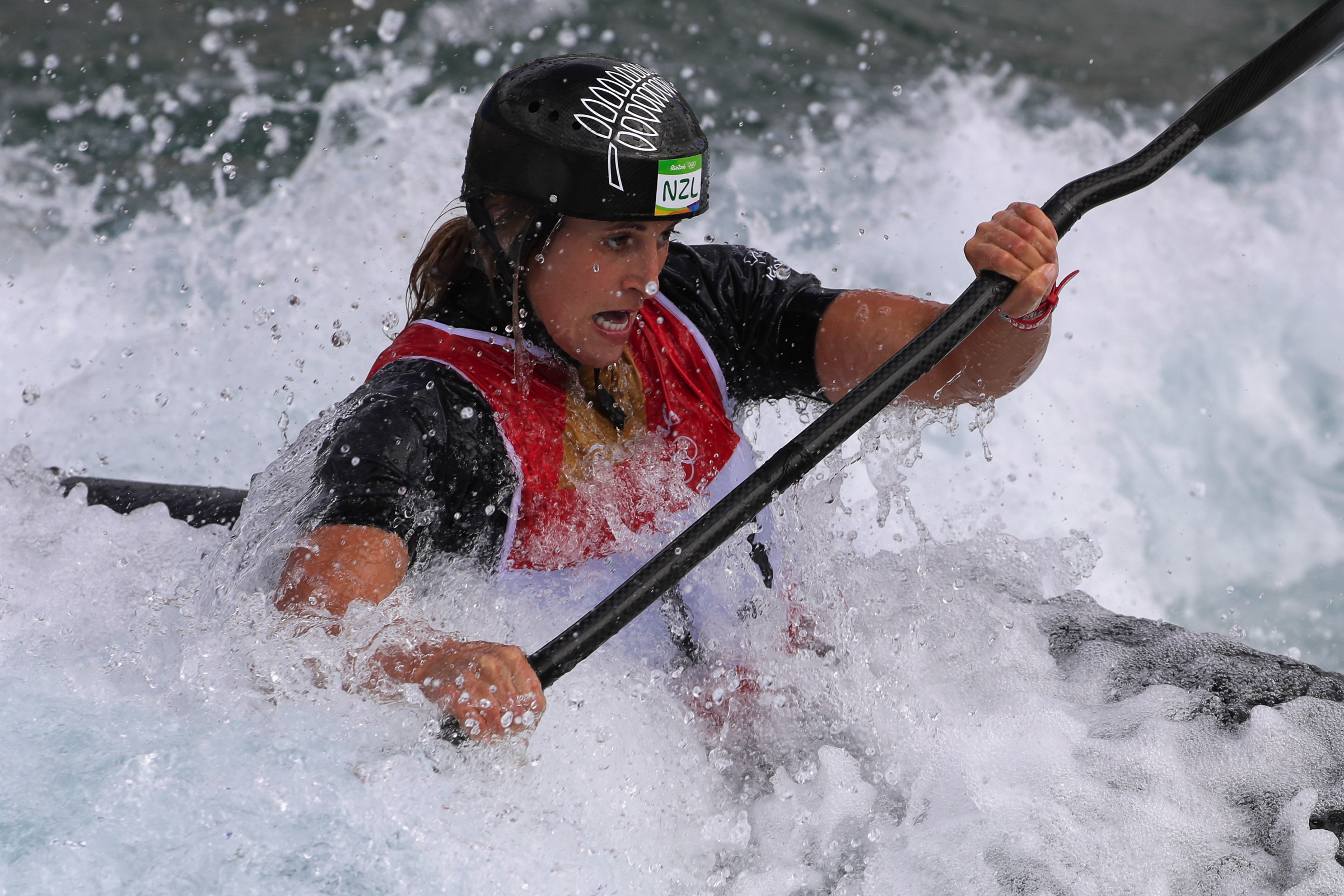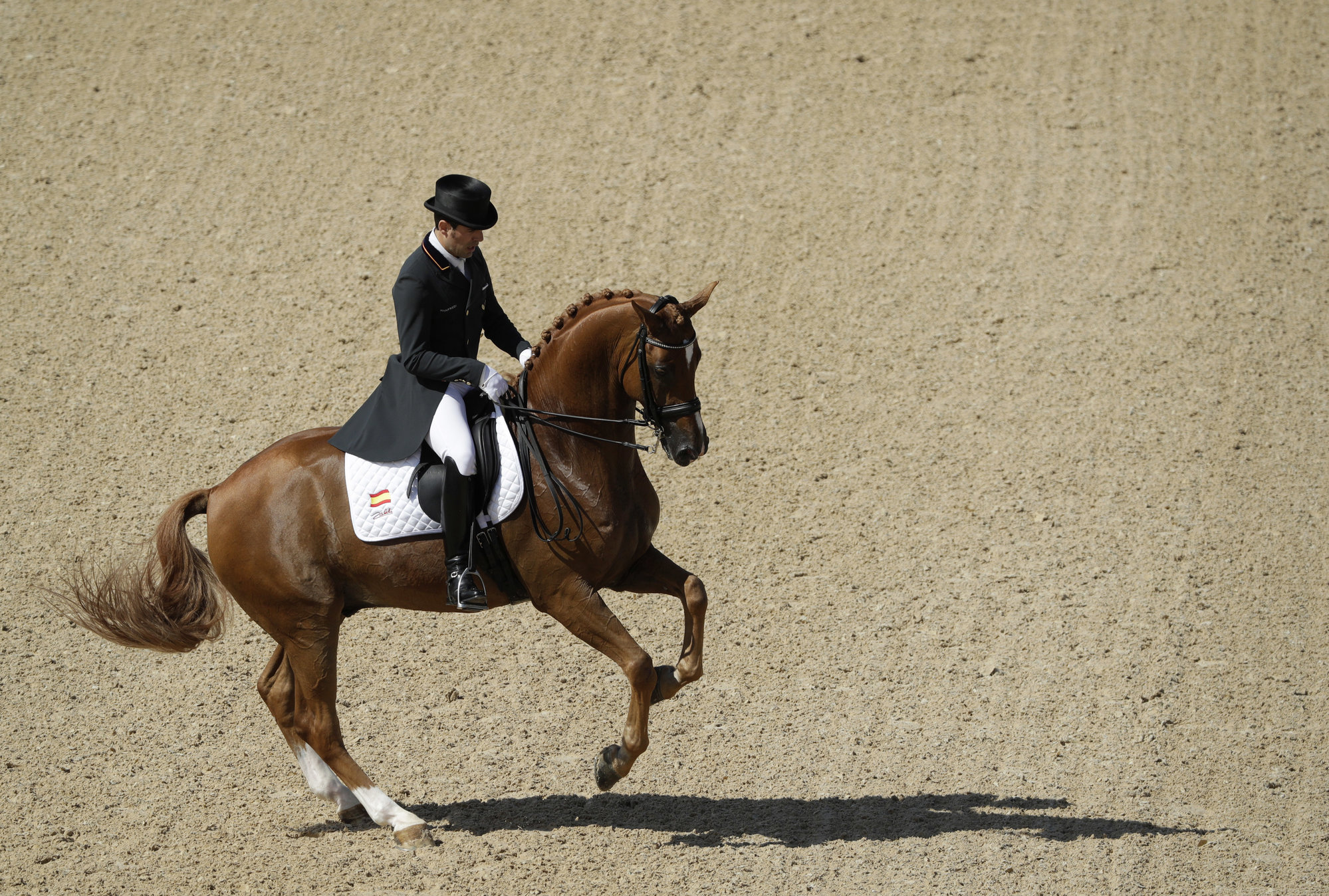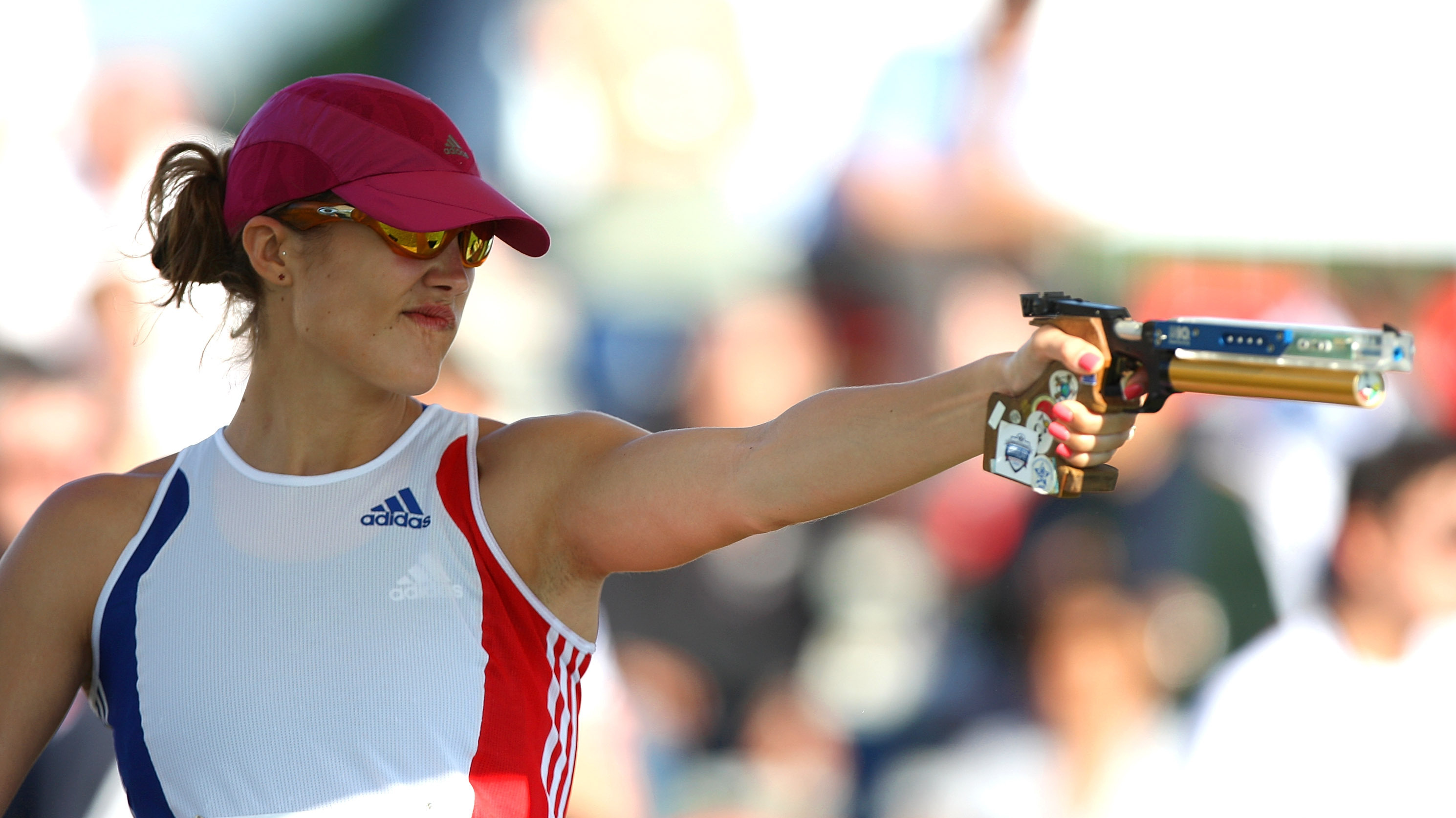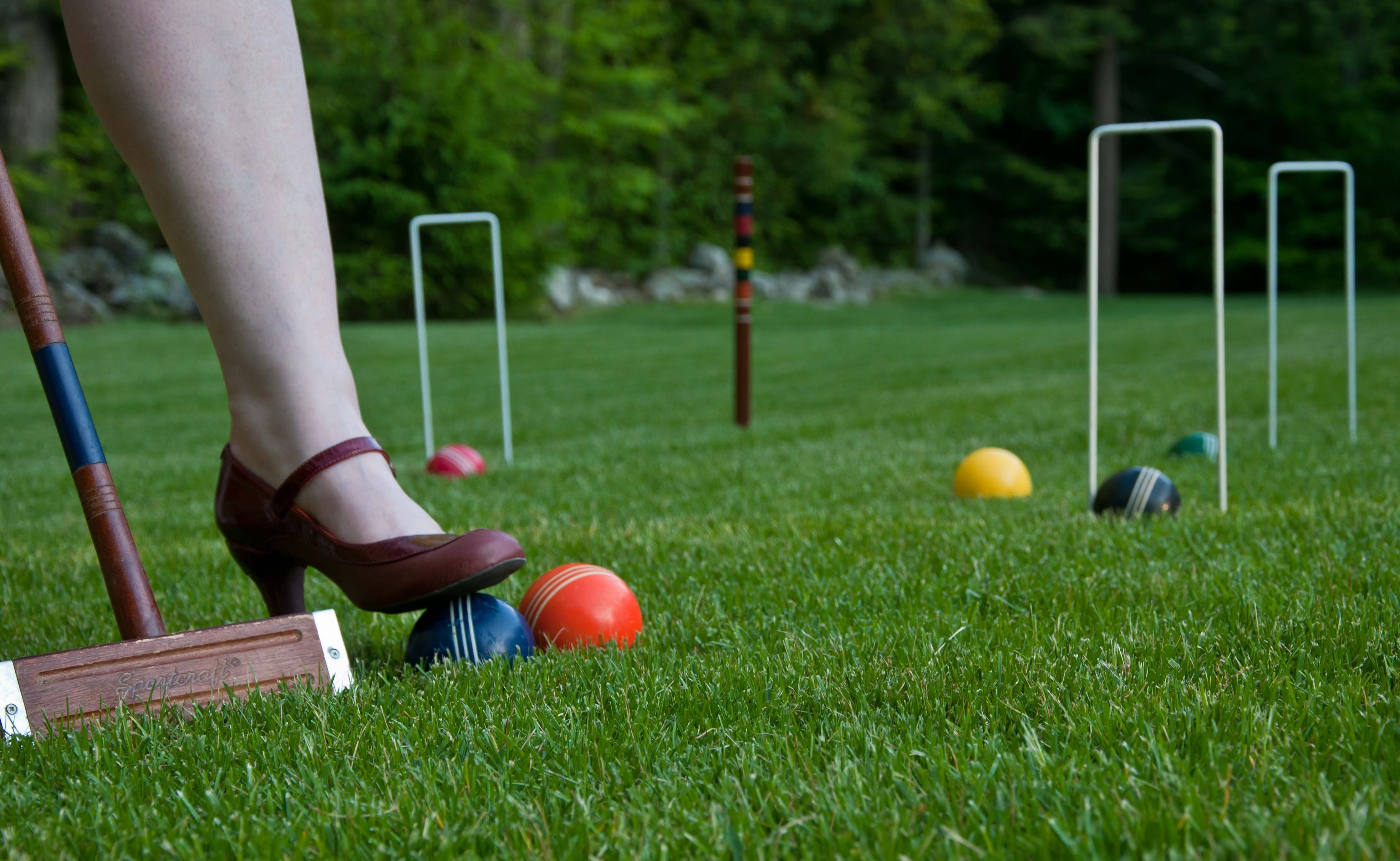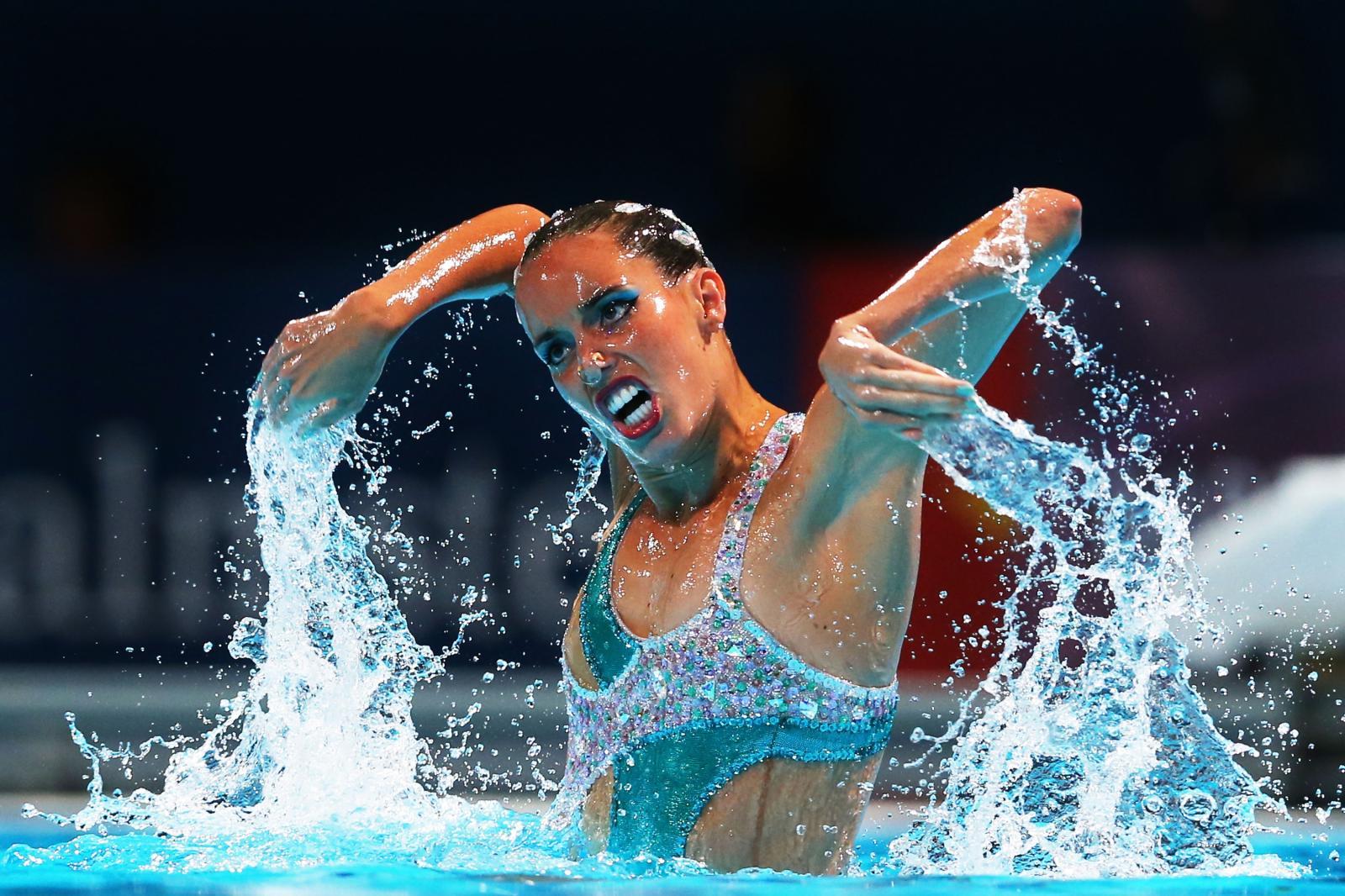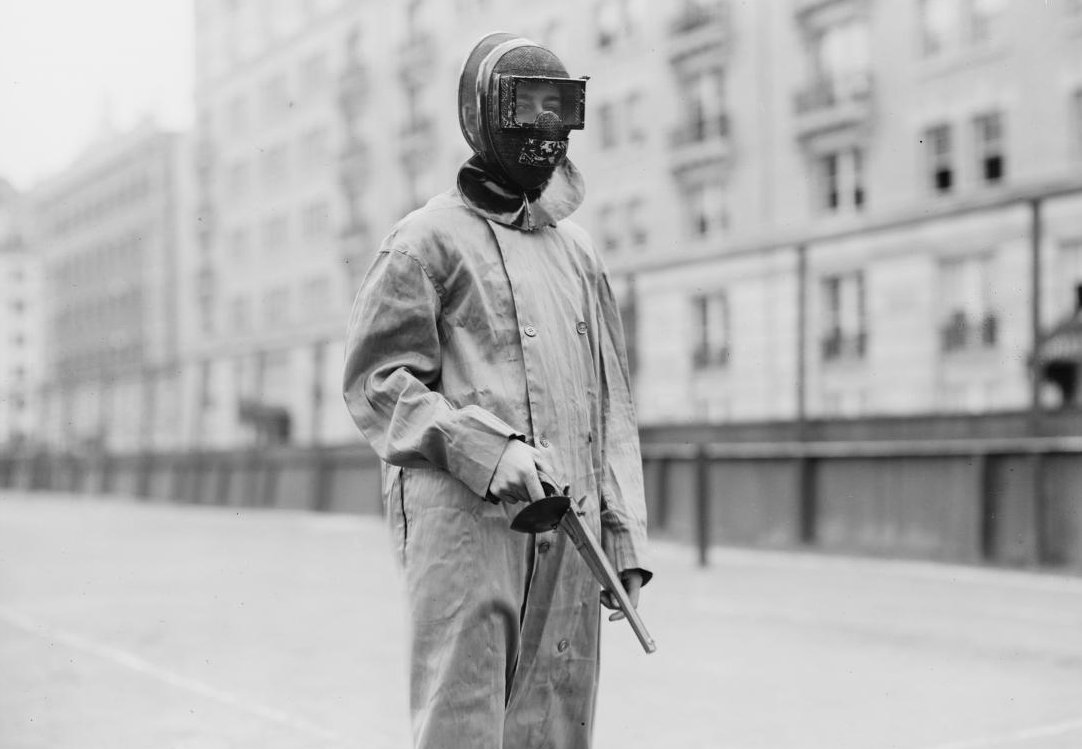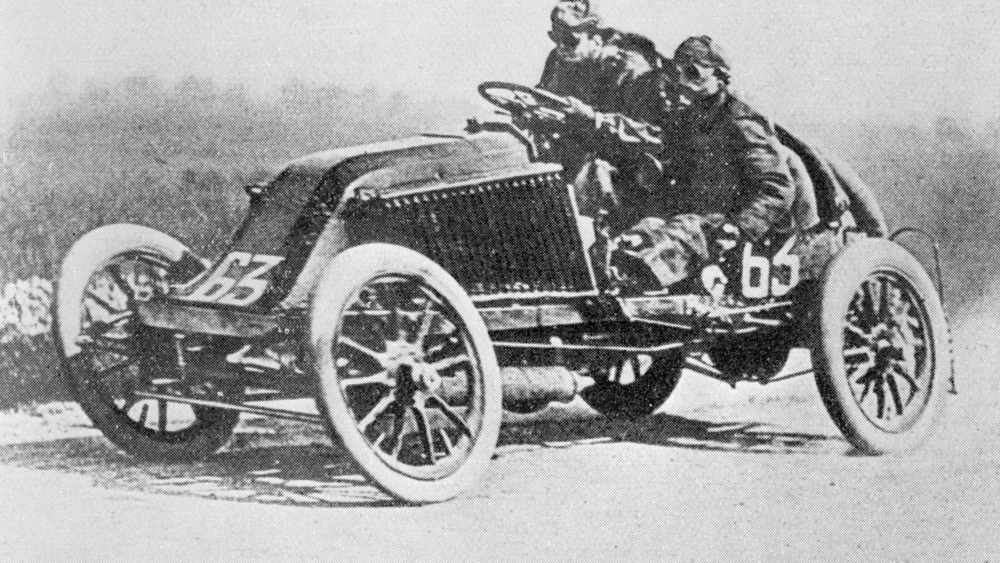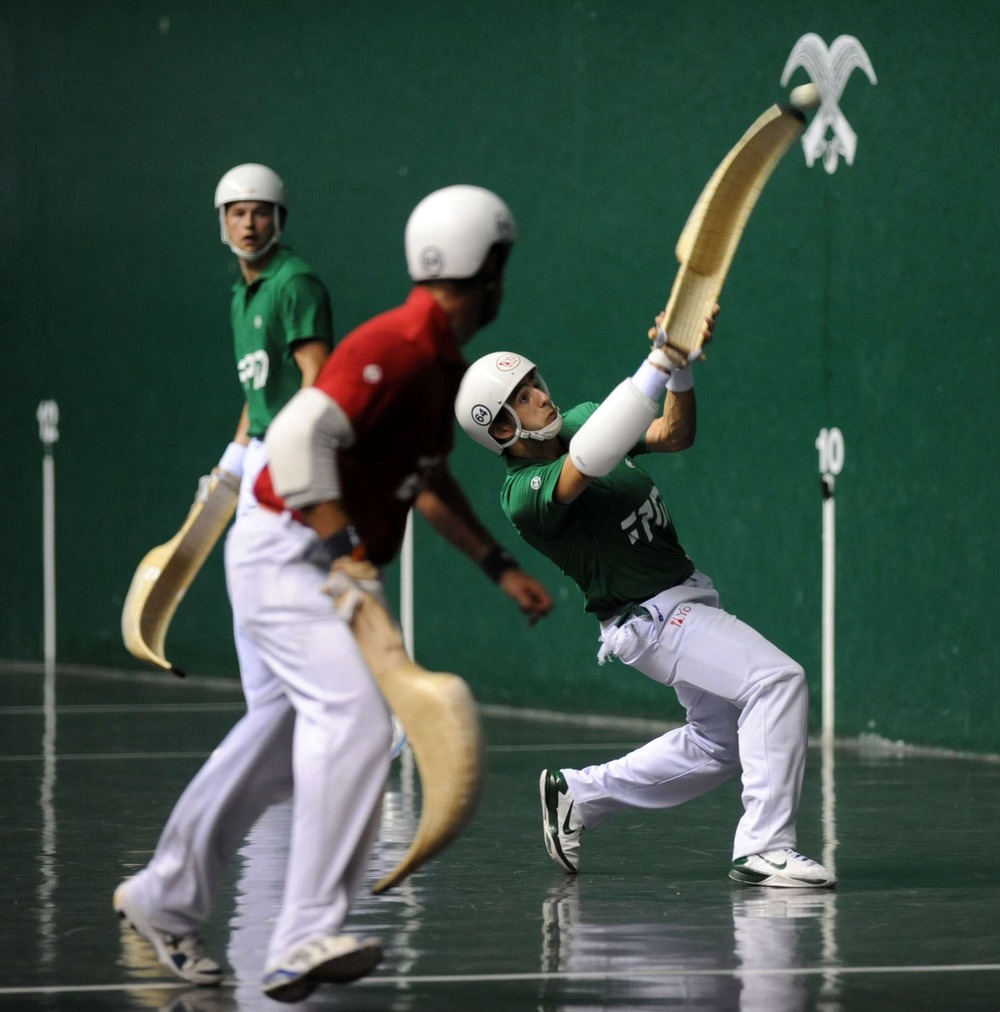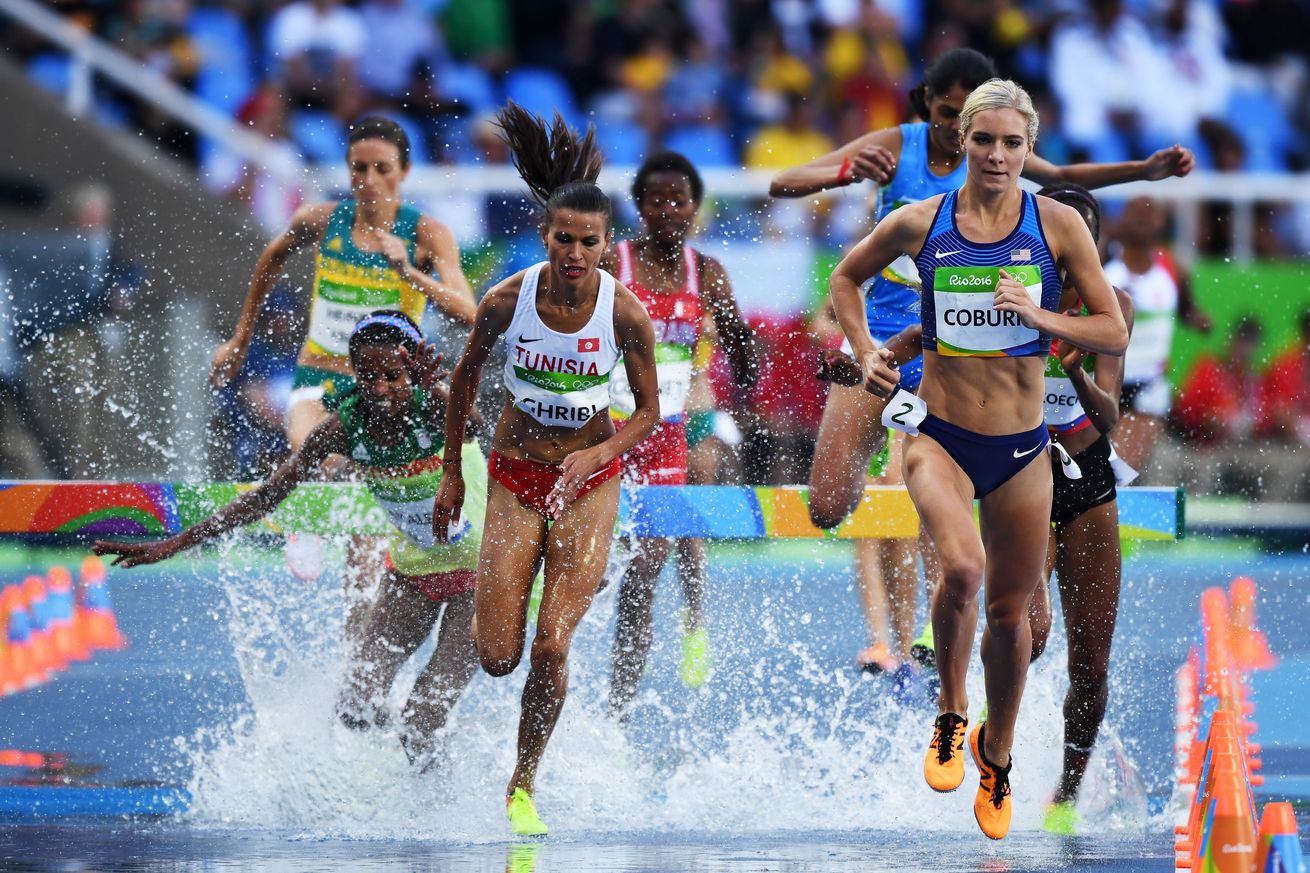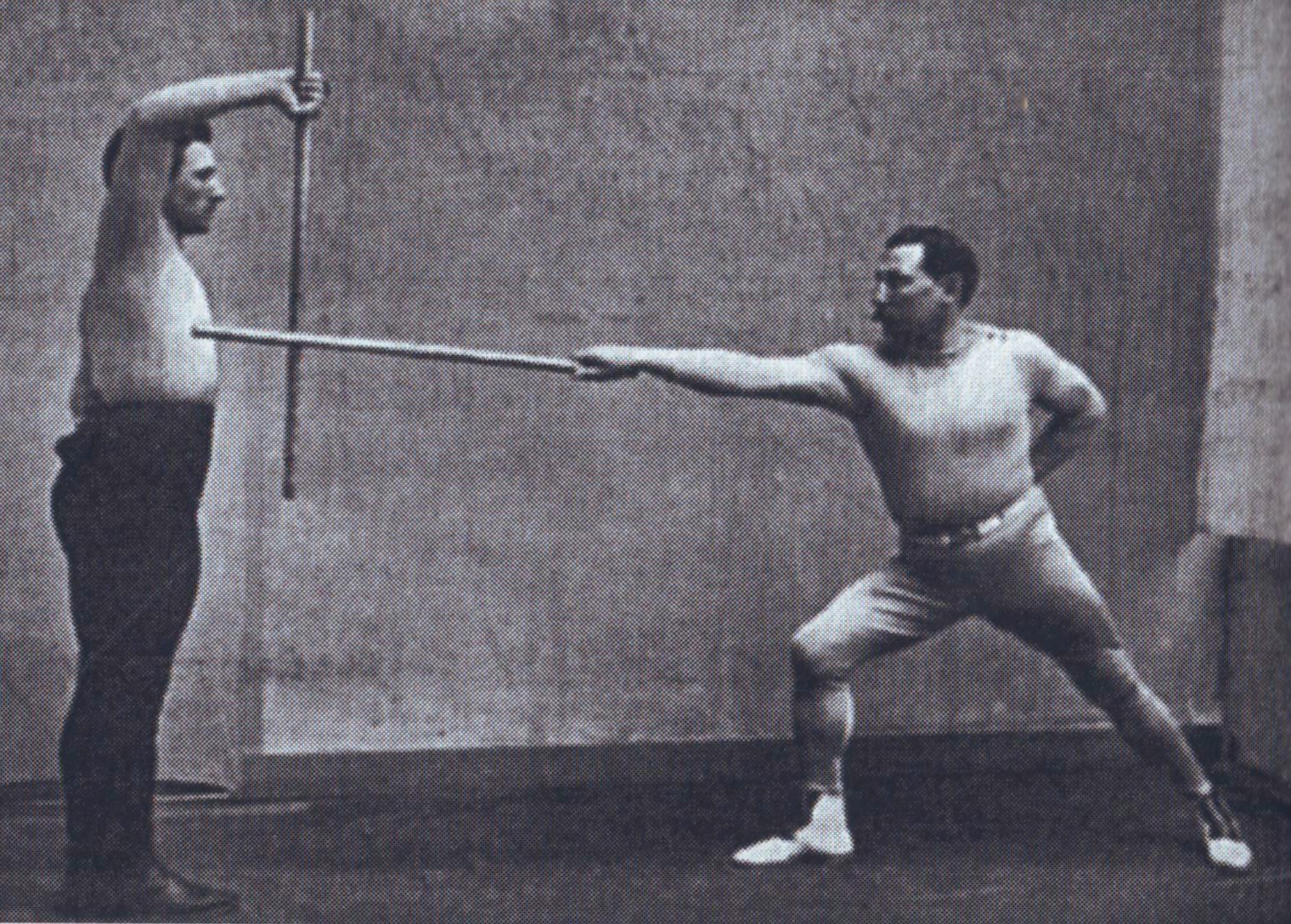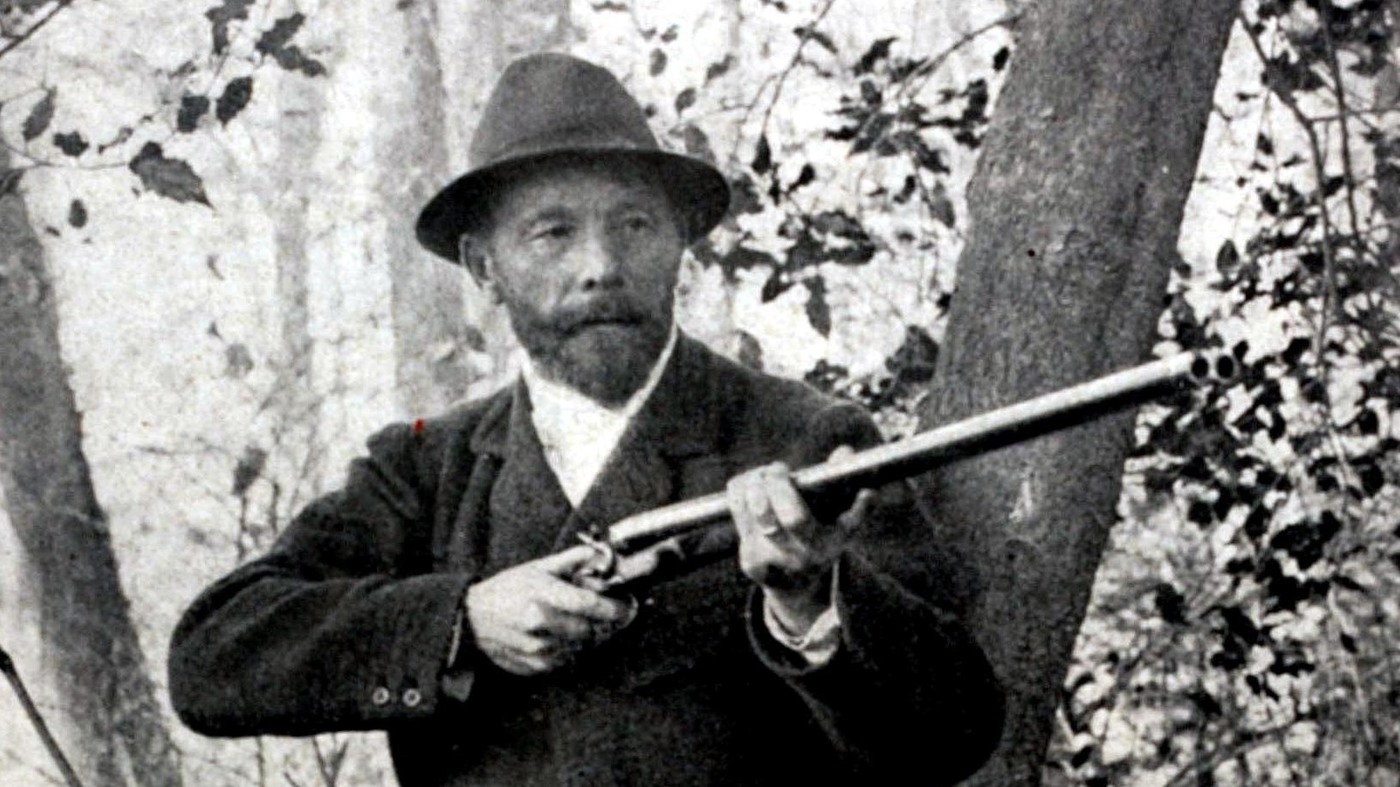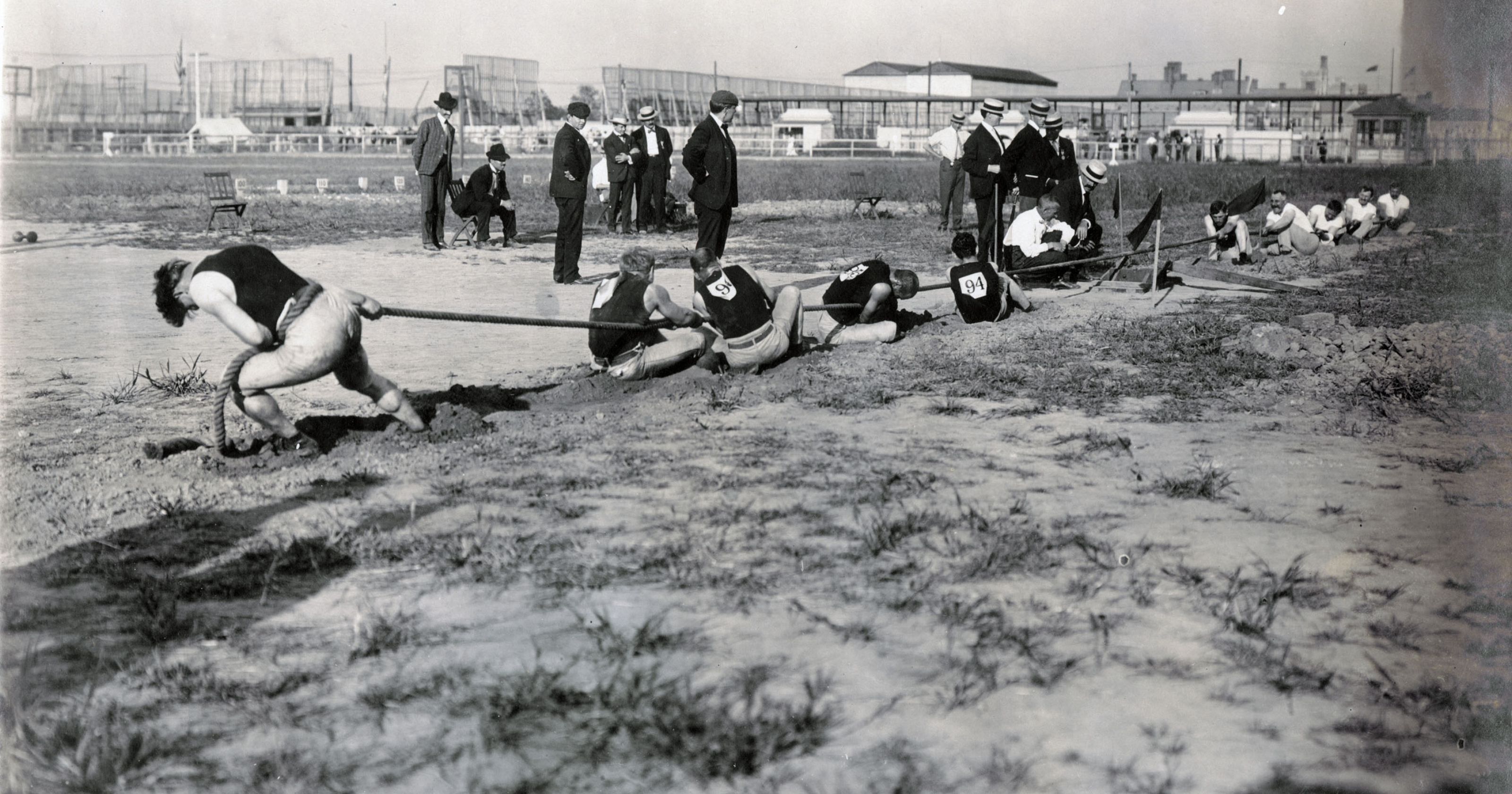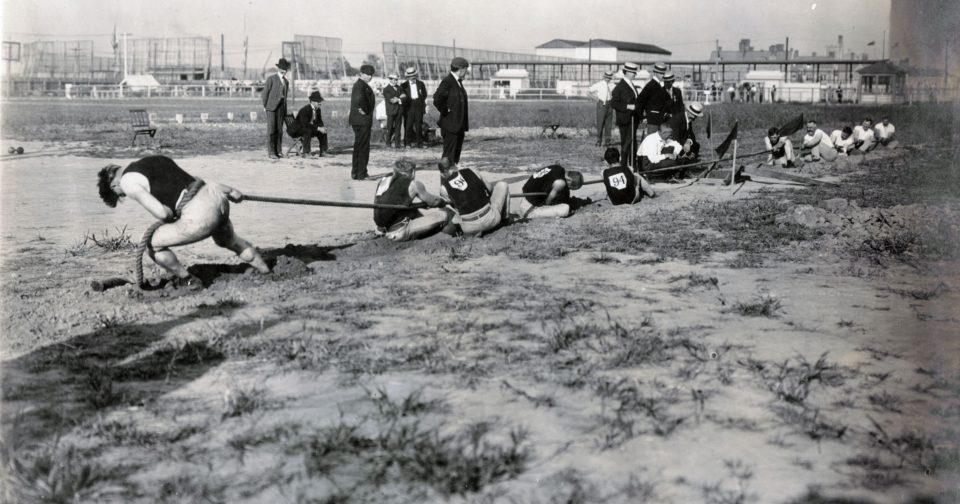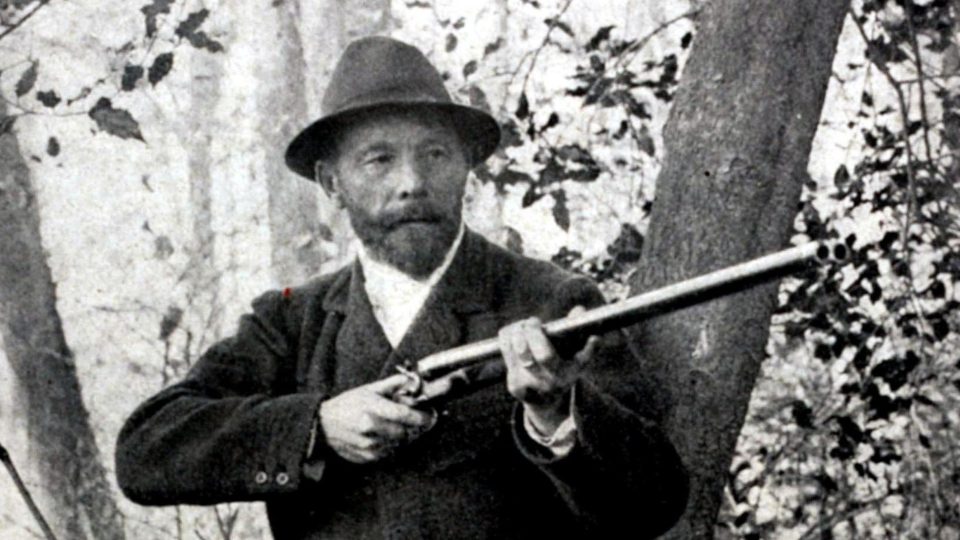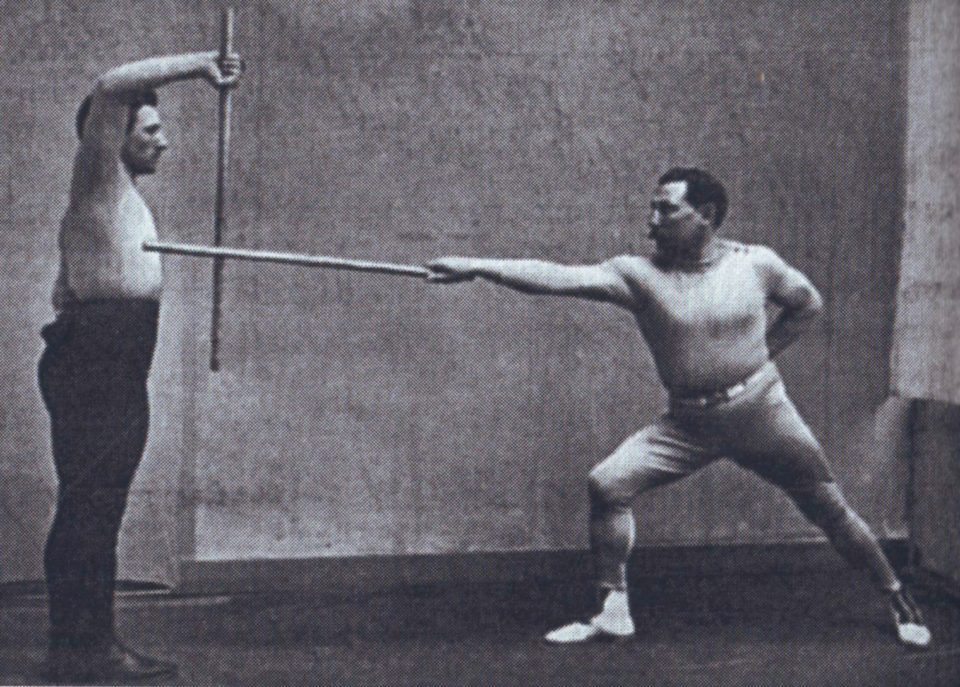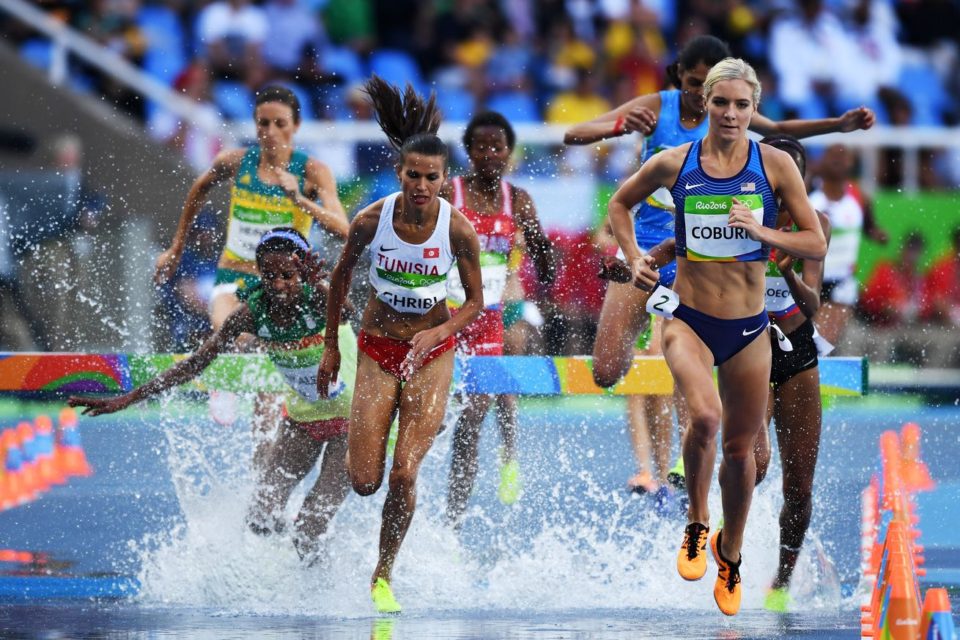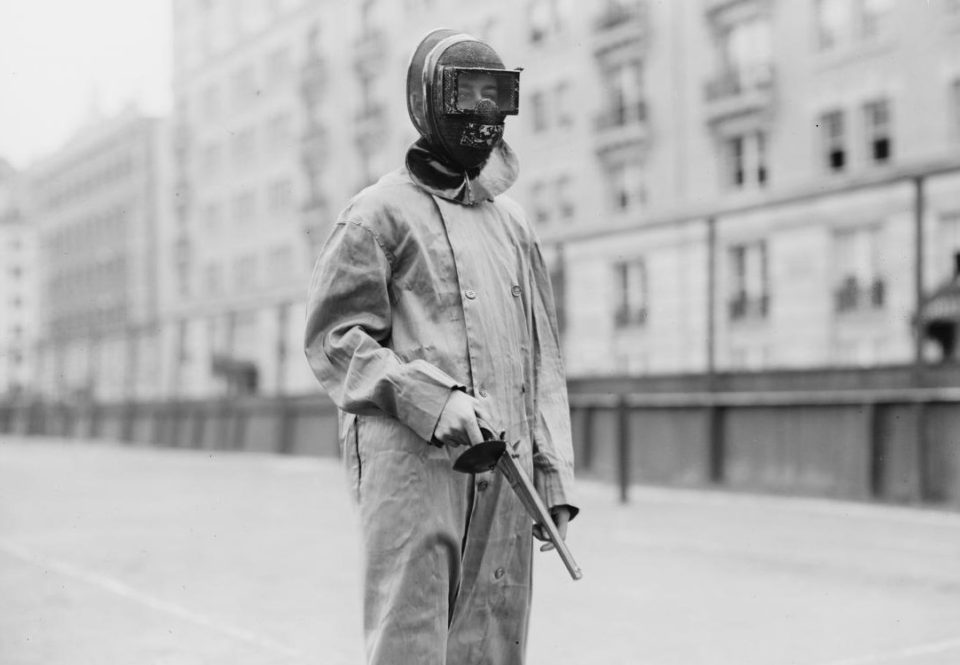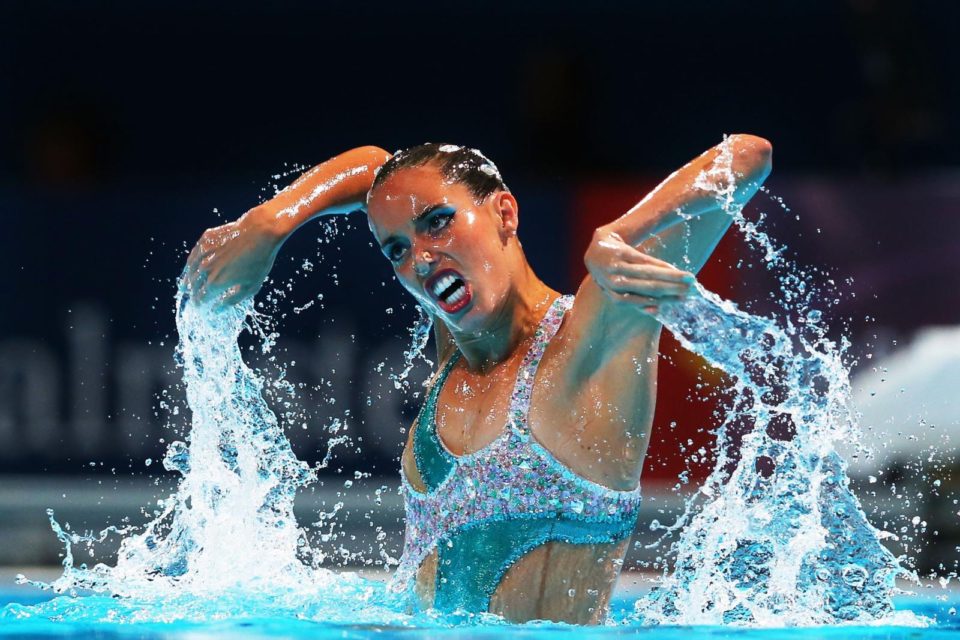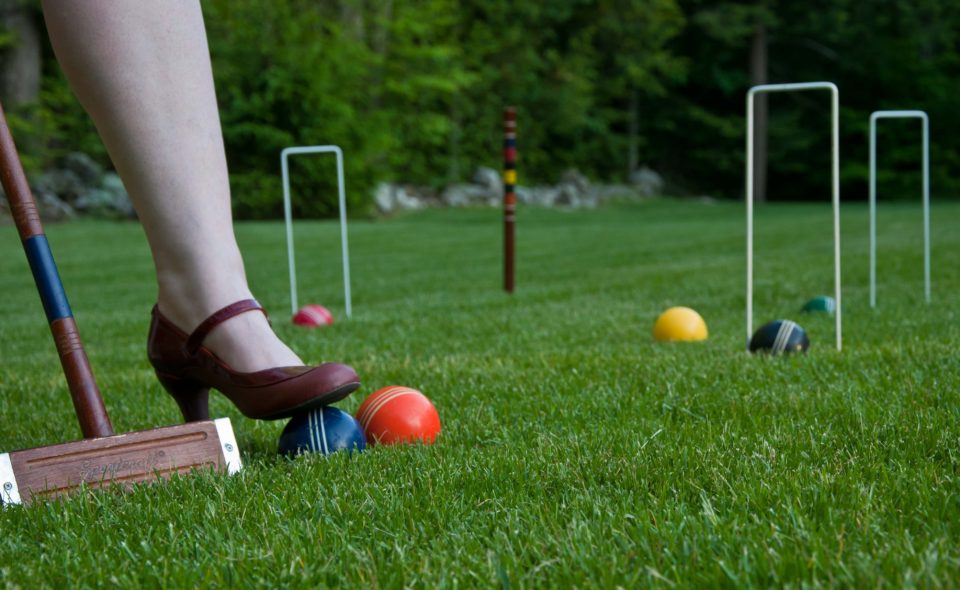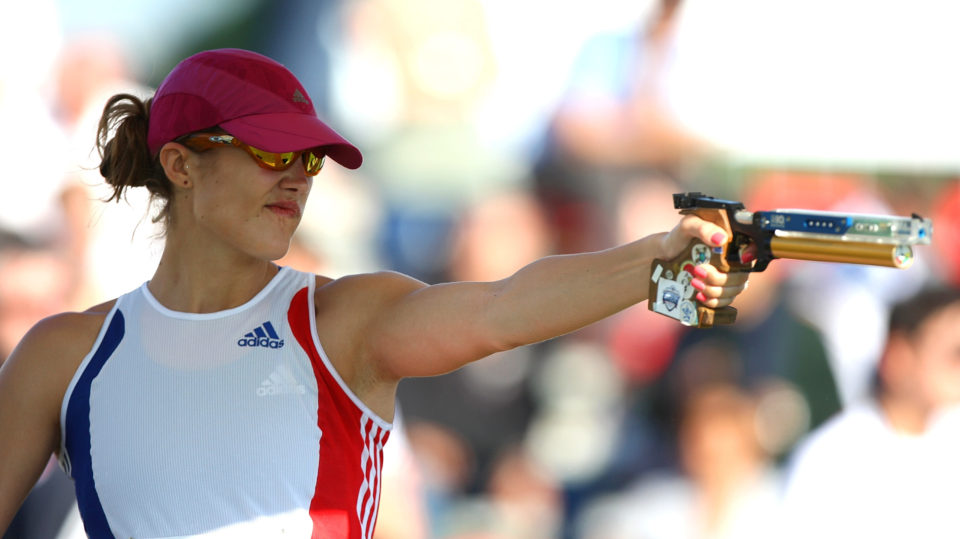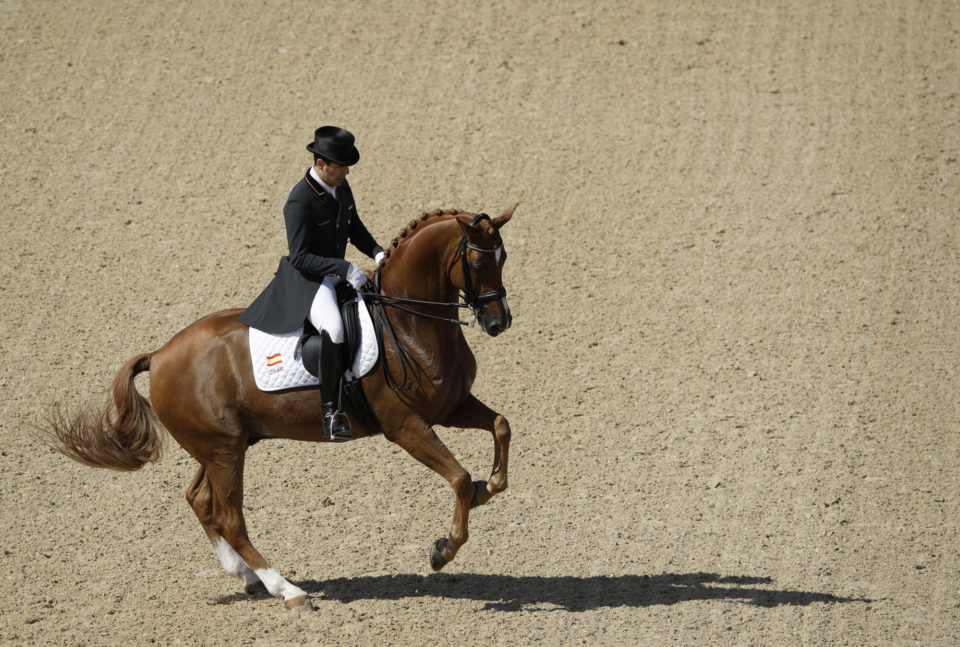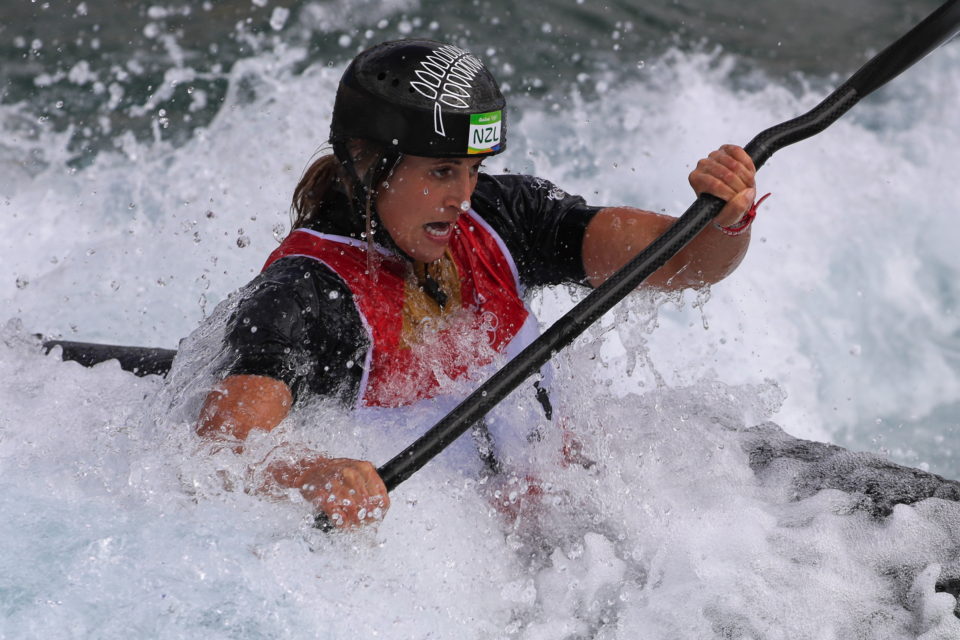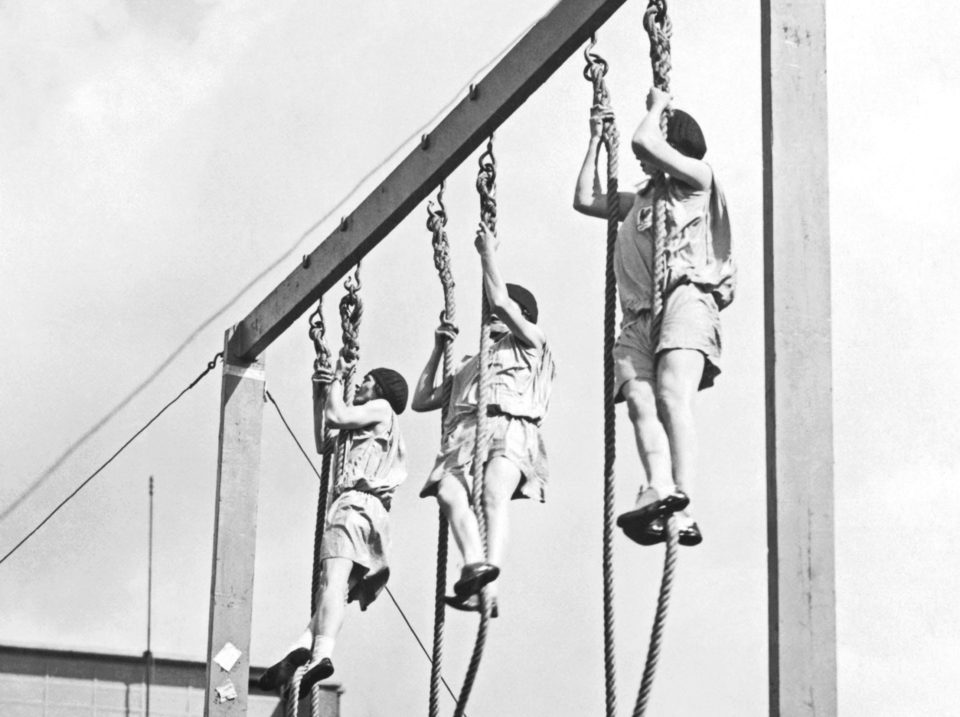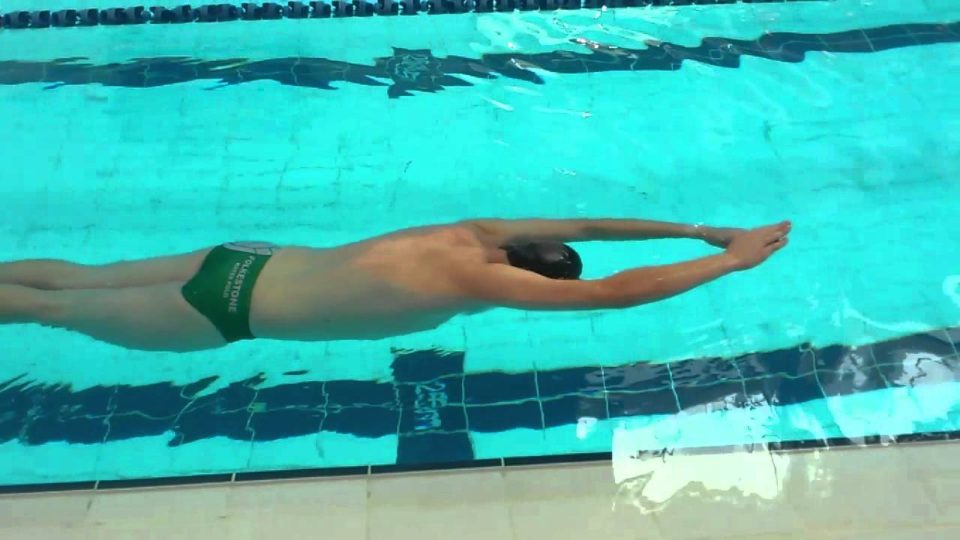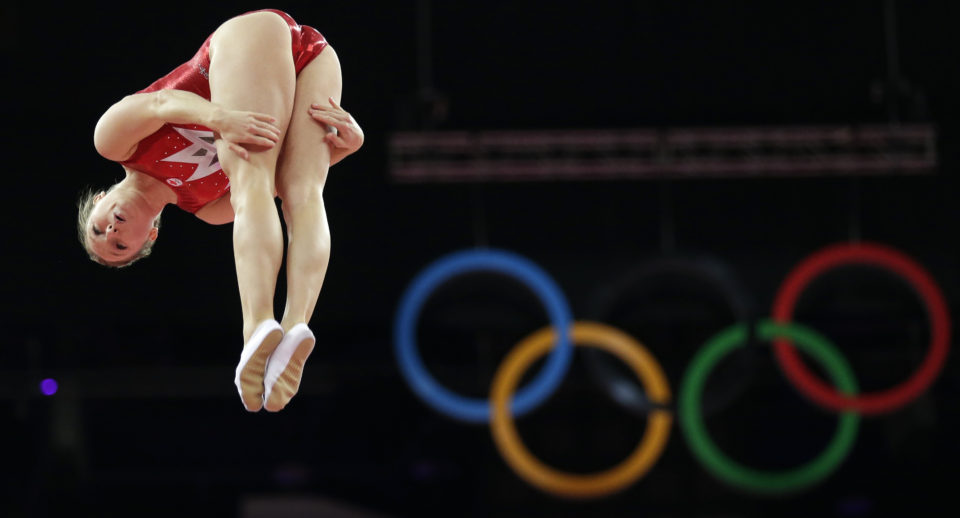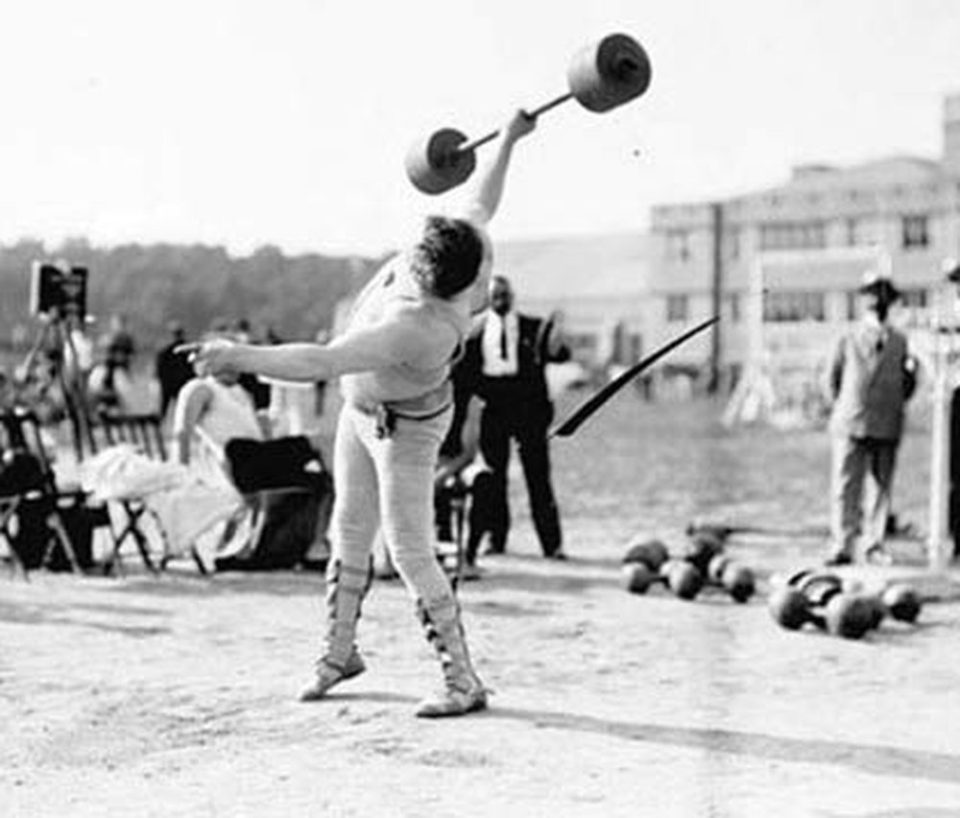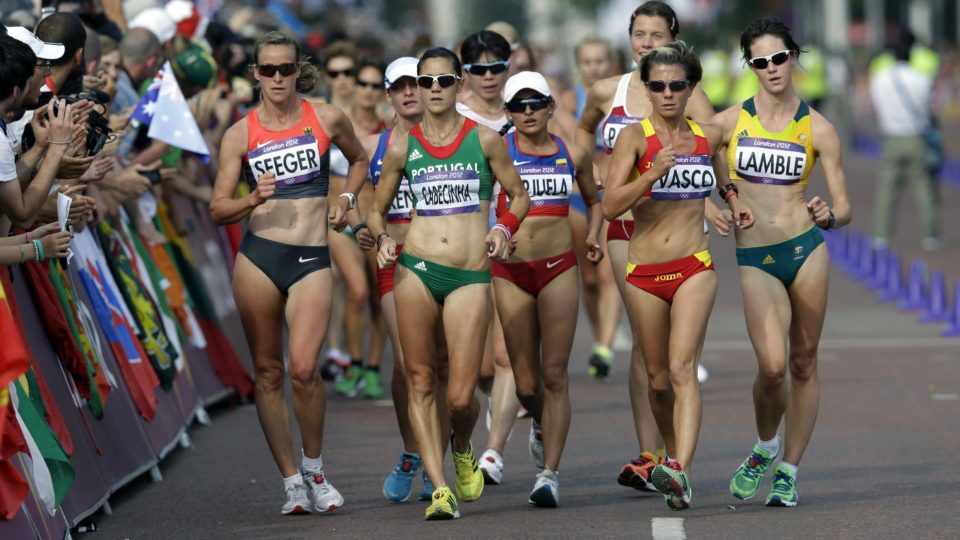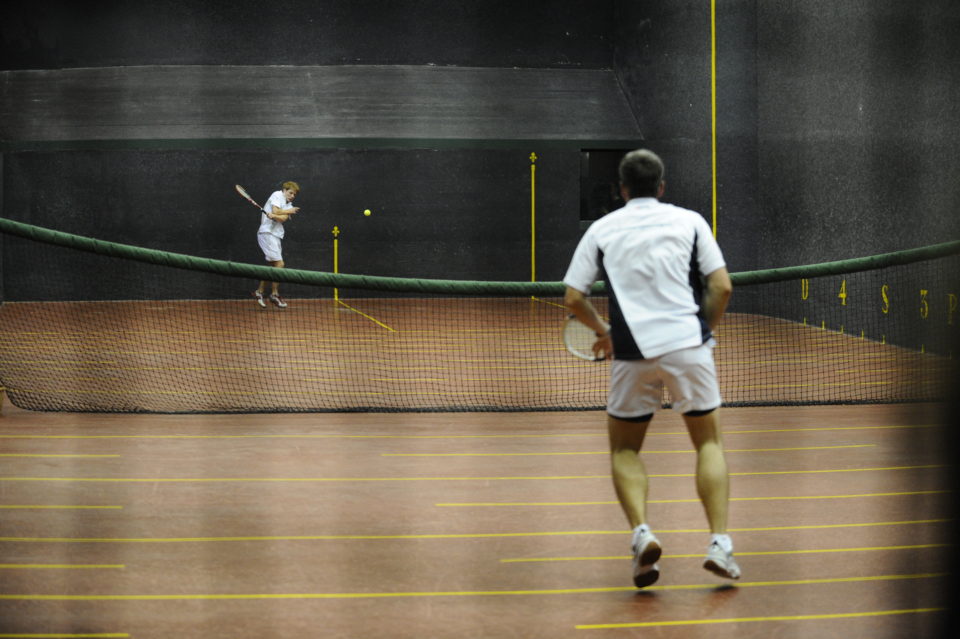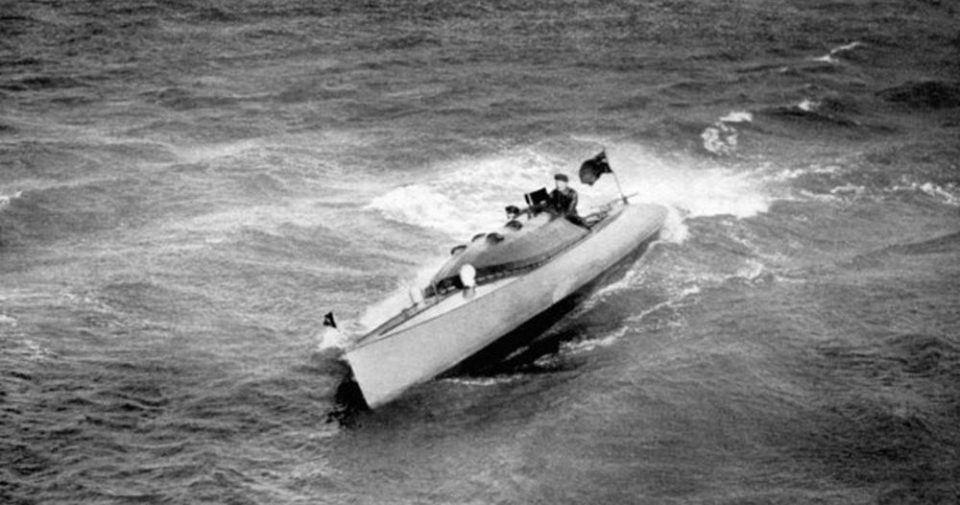Over the years, we have all become accustomed to the different events, and we all have our favorites. From track and field and endurance to gymnastics or even the pool, there is no shortage of sporting feats on show. However, every four years, the eligible sports are discussed and changed as required. Many obscure Olympic sports have fallen by the wayside over the years, either cut for reasons of funding or simply because there were not enough interested competitors. However, there are also a fair few funny Olympic sports that have kept their places in the upper echelon of sporting excellence. Below are 33 weird Olympic sports that once found themselves part of the games.
7 Weird Olympic sports
Weird Olympic sports have made at least one Olympic appearance over the years. There will always be a discussion about what constitutes a sport, especially Olympic sports. However, there will be little disagreement over the weird and wonderful events on this list. Below are seven weird Olympic sports, one of which is a well-established event that many watch for its weirdness alone.
1. Tug-of-War
This strange Olympic sport was discontinued in 1920. Interestingly, Tug-of-War was one of the original games from the early Olympics that took place in 500 B.C.E. However, it is only documented as being part of five Olympics between 1900 and 1920. The number of participants on each team changed over the years, growing from six to eight. The winner was the first team to pull the rope a full 6 feet or be the team to have pulled the furthest within 5 minutes. Great Britain remains the nation with the most medals in the Tug-of-War competition. Another interesting fact about this strange Olympic sport is that three medals were awarded to a mixed team, consisting of participants from multiple countries who couldn’t field a full team on their own.
2. Live Pigeon Shooting
A truly strange Olympic sport that we can all be thankful is no longer part of the games was live pigeon shooting. As it happened, this bloodthirsty event only appeared at the Olympics once, at the 1900 Olympic games in Paris. The competition consisted of shooting as many pigeons as possible in the allotted time. The winner killed 21 birds that day, with an estimated total of 300 fowl killed in the entire competition.
3. Club Swinging
Strange Olympic sports do not come much more bizarre than the mesmerizing are of club swinging. This strange sport involved juggling and maneuvering bowling pin-shaped clubs. The unusual Olympic event of Club Swinging began in 1904.; however, it didn’t survive long, as it was eventually supplanted by rhythmic gymnastics.
4. La Canne
Fencing has long been part of the social elite and the Olympic games. However, in 1904 a slightly different event was also staged. Singlesticks is undoubtedly deserving of its place on this list of strange Olympic sports. One of several fencing disciplines to appear at the games, two men would attack each other with thick wooden sticks. There were only three competitors taking part, all three of them from the United States. Not so surprisingly, the event only featured in 1904 and was thereafter dropped due to a lack of interest. It made a return in 1924 under the French name of La Canne but only in a demonstrative capacity.
5. Steeplechase
Another of the strange Olympic sports on this list that are still active is the Steeplechase. This long-distance obstacle race has been part of the Olympiad for a century, first appearing at the 1920 games hosted by Belgium. The initial race was won by Percy Hodge of Great Britain, while over the hundred years since then, Kenya has dominated the competition, winning almost three times as many medals as the number two ranked country. What makes the steeplechase one of the strange Olympic sports is the combination of long-distance running with large hurdles in front of deep pools of water. Whatever the reason, this strange Olympic event is here to stay.
6. Basque Pelota
A worthy entrant on any list of weird Olympic sports is Basque Pelota. Weird Olympic sports don’t come much stranger than Basque Pelota, which is actually a combination of sports spread across four different court sizes, and fourteen different game rule sets depending on the equipment used. Imagine a hybrid sport mixing squash, lacrosse, jai alai, and handball, and you will have an idea of Basque Pelota. While still an active game in certain parts of the world, namely France, Spain, and Latin America, it only made one official appearance at the Olympics. Much like many weird Olympic sports, Paris 1900 was the year Basque Pelota made it to the Olympiad. Additional demonstrative appearances were made at the 1924, 1968, and 1992 games. One interesting point of note about this weird sport’s Olympic history is that in 1900 there were only two teams competing, Frane and Spain. The French side subsequently withdrew from the tournament, and so the gold medal was awarded to Spain without a game being played.
7. Motor Racing
When thinking of weird Olympic sports, you imagine athletic or team events. However, back when motorization was taking over the world, the sport of Motor Racing made it to the Olympics. This is not to suggest that there is no skill or athleticism required to be a race driver because there most certainly is. However, back in 1900, when this weird Olympic sport made its only appearance, the focus was certainly slanted toward the mechanical component. There could certainly be a solid argument made that says this sport is more deserving of a place in the modern Olympiad than there is in those of yesteryear. France took home all of the available medals in the games. However, it is worth noting that the 1900 games are known for hosting many weird Olympic sports, as they were held in conjunction with the 1900 World’s Fair. Motor Racing being one of these combined events, it is not technically recognized by the Olympic Committee as having been an Olympic event, even though medals were awarded.
8 Obscure Olympic sports
Obscure Olympic sports litter the annals of history. Olympic years such as Paris 1900 feature a wide range of obscure Olympic sports thanks largely to the games occurring at the same time as the seven-month-long World’s Fair. Obscure sports have appeared at other Olympics, and some continue to appear to this day. Many draw a good crowd who are interested not only in the result but in enjoying the spectacle of the event itself. Below are eight of the most obscure Olympic sports.
8. Pistol Dueling
You won’t find any obscure Olympic sports more interesting than the rather deadly-sounding pistol dueling. The obscure Olympic event was only staged once at the 1908 Olympics, and even then, it was in a demonstrative capacity. In either case, the affair was highly dangerous, with competitors donning protective clothing and firing wax bullets at one another at distances of 20m and 30m. Not only is pistol dueling one of the most obscure Olympic sports, but also one of the most dangerous.
9. Solo Synchronized Swimming
Some obscure Olympic sports are weirder than others. The head-scratching sport of solo synchronized swimming is one of them. There is a great deal of skill and athleticism required to be able to swim in perfect synchronicity with a team of others. However, doing so as a team of one seems obscure to the point of baffling. While there is still the skill of choreographed swinging to be considered, the lone competitor element removed the stringent need for synchronous execution. The sport was introduced in 1984 and saw three Olympic rotations before it was removed from the competition in 1992.
10. Croquet & Roque
The world of sports is in a state of constant evolution, and the next addition to the list of obscure Olympic sports is croquet. While croquet only made one lone appearance at the Olympics in 1900, it does hold the distinction of being one of five sports that allowed female participation. While it is unlikely that we will ever see croquet gracing the Olympic stage again, this obscure sport has earned its place in the annals of history as a trailblazing effort in the name of sporting equality.
11. Modern Pentathlon
The evolution of sports has also been responsible for the emergence of some obscure Olympic sports. As the name suggests, the modern pentathlon is a reimagining of the Ancient Greek classic pentathlon. While the traditional event is clearly an Olympic-caliber event, the modern version deserves mention as one of the more obscure Olympic sports. The events include swimming, fencing, equestrian show jumping, a long-distance run, and pistol firing. As of the upcoming 2024 Olympics, the equestrian portion of the event is being replaced with a cycling event after a recent controversy involving a horse being punched. Many may find the five events associated with the modern event strange; there is logical reasoning behind them. The combination of events began as military requirements for cavalrymen of yesteryear.
12. Equestrian Dressage
While the Dressage event is a highly skilled event, it cannot be denied that making a horse dance is one of the more obscure Olympic sports. It takes great poise and skills to be successful in Dressage, and it rightly deserves its place in the sporting grounds of the equestrian elite. However, to the untrained eye and the casual Olympic observer, it is a strange and oddly awkward-looking event. The history of Olympic dressage dates back to 1912, and it was only in 1953 that the event was opened up to non-military personnel. Princess Anne, the sister of Queen Elizabeth II of Great Britain, competed in the dressage event at the 1976 Olympics.
13. Canoe/Kayak Slalom
When considering obscure Olympic sports, the tempestuous contest that is Olympic canoeing certainly needs to be included. Previously called the whitewater slalom, this came onto the scene in 1992 and continues to this day. Contested under similar rules to the downhill slalom in the winter Olympics. Competitors race downhill through raging rapids, steering their craft through a series of gates. Penalty points are awarded for any missed gates, and the competitor with the quickest time in the end wins. While it might not be the most obscure of Olympic sports, it is certainly unusual and unlike many of the other events.
14. 3-on-3 Basketball
Obscure Olympic sports do not just have to be dangerous throwbacks to the pre-healthy and safety age. Sometimes, obscurity can be found in the logic behind a sports inclusion. 3-on-3 basketball is one such example. Regular basketball has been part of the Olympiad since 1936, so the decision to slim the contest down and introduce a 3-on-3 variant is slightly baffling. This fast-based game is one of the more obscure Olympic sports simply because there was no real need or demand for it, especially compared to some of the other sports that have fallen away. The game is also played on a court roughly a third of the size of a regular one, ensuring the action remains both fast and furious. The 2020 Tokyo Olympics were the first to feature 3-on-3 basketball, where Latvia took home the men’s gold while the United States captured the top prize in the women’s competition.
15. American Football
Another of the obscure Olympic sports that would seem to be being pushed due to ulterior motives is American Football. Arguably the most passionate practitioners of the sport, the bid to have it included in the Olympic rotation has been running for years. What marks American Football as being one of the Obscure Olympic sports is more the fact that the sport is only really played to a high level in the United States. Yes, there are other leagues around the world; however, the only two demonstrative attempts at getting the sport adopted into the Olympiad were in 1904 and 1932, back when the sport was only known in the US.
7 Funny Olympic sports
Some funny Olympic sports are just entertaining for more reasons than their level of excitement. Some head-scratching events have been added to the Olympic rotation over the years, and these funny Olympic sports stand out as being some of the weirdest and most obscure sports to be seen on an Olympic stage. Below are seven funny Olympic sports that need to be seen to be believed.
16. Rope Climbing
There are not many funny Olympic sports that can rank above the rope climb. Very few sporting competitions better define an athlete than a rope climb. When you see the range of events on show in the Olympics, the rope climb is certainly one of the funny Olympic sports that we would all love to see come back. The event was included in four non-consecutive Olympics games: 1896, 1904, 1924, and 1932. The United States won 50% of the available medals in this discipline While it is unlikely we will ever see a return of this funny Olympic event, few could really deny it holds a valid place at the competition.
17. Plunge for Distance Swimming Race
Swimming is an Olympic staple, and you would struggle to think of an aquatic event that would qualify as being one of the many funny Olympic sports to ever take place. However, the plunge for distance event certainly qualifies as a strange and oddly unathletic event. The concept is simple. Dive into the water and remain motionless, gliding beneath the surface for as long as possible for a period of 60 seconds. It was a contest that favored the heavier-set competitor and was resoundingly disappointing to audiences as when the initial speed of the dive faded, competitors spent the final thirty seconds lying motionless, traveling at a barely perceptible speed. The funny Olympic event of plunging for distance made its only appearance at the 1904 games, where American William Dickey took home the gold.
18. Trampolining
Funny Olympic sports do not need to be long lost and forgotten. The following interesting event is a relatively new addition to the Olympic circuit. Trampolining was added in 2000 and continues to be a fun event to witness, if only in an attempt to recapture our lost childhood. Points are awarded in the same manner as other gymnastic events. Every move is assigned a difficulty factor, and scoring judges work on a 10-point scale. The highest and lowest scores are discarded, with the resulting average being the round’s score. A great deal of skill is required to excel at trampolining. However, this doesn’t stop it from being one of several very funny Olympic sports.
19. Korfball
Funny Olympic sports about, and in Korball, there is a sport that would seem perfectly suited to the modern world. A sport of equality and competitiveness. It almost feels wrong to class it among the funny Olympic sports; however, it remains a highly entertaining and unusual hybrid sport. Korfball is similar to netball; however, it has sufficient differences and complexities that make it stand out on its own. The most interesting aspect of Korballis that it is a mixed sport played by two teams of 8 with four men and four women on each team. Created in the Netherlands, the game appeared at the 1920 and 1928 games in a demonstrative capacity. No medals were awarded.
20. Water Skiing
Water skiing slides into the list of funny Olympic sports not for its lack of skill or athleticism but rather for its appearance. Sports like water skiing remind us of our childhood and summers spent down at the beach. Water skiing was something people did for fun and relaxation, and the idea of it being considered part of the sporting elite is what renders is as one of the funny Olympic sports. As it stands, the Olympic committee thought the same, and the sport was only ever included as a demonstration in the 1972 Olympics. The United States brought home all three medals then, and it has swiftly been relegated to the pages of Olympic might-have-beens.
21. Simming Obstacle Race
Funny Olympic sports don’t come more absurd than the concept of a swimming obstacle course. However, 1900 seems to be the year for funny Olympic sports, and one such event was the 200m swimming obstacle course. Competitors needed to climb poles, scale boats, and swim under others. Much like other funny Olympic sports, the aquatic obstacle course was only a short-lived affair; however, we can surely all agree that seeing this added to the next rotation would certainly draw extra eyes poolside. In 1900, the event was held in the River Seine, but we can only imagine how much fun it could be to see competitors challenging each other in an Olympic obstacle course brought up into the twenty-first century.
22. Poodle Clipping
The list of funny Olympic sports doesn’t come any more amusing than poodle clipping. Once again, at the 1900 games in Paris, the wholly absurd Olympic event of poodle clipping took place. There are funny Olympic sports, and then there are events that threaten to defy description. 128 competitors lined up to be crowned the Olympic champion poodle clipper. The make this an even funnier Olympic event, the contest was judged not on style but a simple count of who could trim the most poodles in two hours. There was no real thought given to poodle size or coat condition; however, the only and therefore reining Olympic poodle clipping champion was Avril Lafoule, who clipped 17 poodles in two hours.
6 Random Olympic sports
There have not been too many truly random Olympic sports through the years. However, they have certainly been a few. These are the type of sports that leave audiences scratching their heads in confusion. These random Olympic sports have a modicum of sense to them, and when viewed independently, they make sense and are, for the most part, worthy of Olympic status. Below are six of the most random Olympic sports to ever grace the grand stage.
23. One-Handed Weight Lifting
Weightlifting is a staple of the Olympic roster, but one of the random Olympic sports that has faded into yesteryear is the one-handed snatch. The Olympics are a competition to find the best sportsmen and women in any particular discipline. There is a beautiful simplicity behind weightlifting, and it is a shame that the single-handed snatch has been relegated to the footnotes of history. As far as random Olympic sports go, this is one that many would enjoy seeing brought back into the fold. The only official record of the single-handed snatch was in the 1896 games in Athens, where Great Britain’s first-ever Olympian, Launceston Elliot, took home the gold.
24. Race Walking
Competitive walking is another one of those random Olympic sports that has been present in the Olympic games over varying distances for over a century. However, now all of the distances have been removed, leaving just the men’s and women’s 20km event. As strange a sport as speed walking may seem, there is something undeniably Olympic about it. Walking is something that unites everybody and is a great way to get some exercise, coming with many wonderful health benefits. So holding a contest to find the best walker in the world is one of the most logically random Olympic sports on this list.
25. Jeu de Paume
Some random Olympic sports have not just disappeared from the Olympiad but from sporting rotation as a whole. One such game is Ju de Paume, otherwise known as Real Tennis. Many may think of this as an early form of modern tennis, but this is actually not the case. Originally, Jeu de Pauma was played without rackets. Hence the name, which translates to ‘game of the palm.’ This sport only made one Olympic appearance in 1908, as London was one of the only places in the world that had the indoor facilities needed to accommodate the game. These days, very few people play Real Tennis or Jeu de Paume, with only three courts remaining in existence, all located in and around Paris, France.
26. Motorboating
The Olympic games are all about athletic excellence and being the best in your chosen sporting activity. So surely one of the most random Olympic sports has to be motorboating. The advent of motorized boats sent people into a bit of a frenzy. While there is certainly a large degree of skill needed for modern-day powerboating, back in 1908, when this event saw its only Olympic appearance, it was more a question of mechanical skill than sporting excellence. There were three classes for Olympic motorboating, and only one medal was awarded in each. Great Britain won two of these three available medals.
27. Gliding
Another interesting entry on the list of random Olympic sports is gliding. This event was only added for one Olympic rotation in 1936. Hungary won the gold medal on that occasion. However, the Olympic committee banned this even after Ignaz Stiefsohn, an Austrian glider, died after crashing on a practice run just before the 1940 games were due to begin. There is definitely some skill involved in soaring through the air, relying on thermals to stay aloft; however, being weather reliant does not create an even playing field for all competitors. As far as random Olympic sports are concerned, gliding has to rank as one of the weirdest.
28. Ballooning
The final entry to the list of random Olympic sports is hot air ballooning. Once more, it was the 1900 Paris Olympics, which seems to be the spawning ground for many random Olympic sports. At the start of the twentieth century, transport and technology were starting to swell, and ballooning was all the rage. The Olympic committee took a chance and allowed a demonstration of ballooning; however, or perhaps luckily, it didn’t stick and was never spoken of again. As far as random Olympic sports go, ballooning is another one that we can’t help but think would be a fun addition to modern games, if not just for the fun design aspect of it. Interestingly, the event was not done using hot air but rather gas balloons which required no power nor additional fuel. There were six different events held, and aviation pioneer Henry de La Vaulx set two world records during the games.
5 Weird winter Olympic sports
No list of Olympic events could be complete without considering some weird winter Olympic sports too. The winter Olympics have been part of the Olympic calendar since 1924. As an interesting fact, the most recognizable of winter Olympic sports, figure skating, actually debuted at the summer Olympics in 1908, making the transition over to the more appropriate winter games when they began. While some may find figure skating to be a strange sport to follow, it pales in comparison to the weird winter Olympic sports we have found. Below are 5 weird winter Olympic sports, which range from current staples to long-forgotten potentials.
29. Skeleton
There is no denying that the skeleton is not only one of the weird winter Olympic sports but also one of the most dangerous. You take the already dangerous bobsleigh event, put a single ride on a sled and send them hurtling down face first. Skeleton was actually part of the winter Olympics back in 1928 but was then missing until 1948 and then faded away until it became a regular addition again as of 2002. The competition was only opened up to include female competitors as of 2002. Out of all weird winter Olympic sports, the skeleton is arguably the most dangerous. The name came from the way early sleds resembled the human skeleton.
30. Skijoring
Weird winter sports do not come much stranger than Skijoring. Imagine, if you will, water skiing on snow, being pulled by a galloping horse, as, as if the modern case, a snowmobile. This weird winter Olympic event only made one appearance at the Olympic games back in 1928. Switzerland claimed all three podium places at the event, which is considered to have been a demonstration. It has not been since or discussed ever since. An interesting, weird winter Olympic sports fact is that in 1928, the horses had no riders and all athletes competed simultaneously. The sport of skijoring continues to this day; only the modern version includes various obstacles and jumps, introducing an element of style and finesse to the sport. A solid case could surely be made for it to be reintroduced to the Olympic rotation.
31. Ski Ballet
If you like weird winter Olympic sports, then ski ballet is certainly something to look through the annals of Olympic history upon. This combination of downhill skiing and figure skating is certainly an athletic and artistic affair. However, it is also one of many weird winter Olympic sports that have been given a try and found wanting. Ski Ballet sees competitors move down a smooth slope performing various moves and tricks to a musical accompaniment. This event was featured at the 1988 and 1992 winter Olympics in a demonstrative capacity but has yet to be adopted as an official event.
32. Pentathlon
You might wonder why a classic Olympic event such as pentathlon is considered one of the weird winter Olympic sports. The concept of a winter Olympic pentathlon is sound. However, what makes it one of the weird winter Olympic sports is the combination of events. The five events in the Winter Pentathlon included three common winter events in cross-country skiing, shooting, and downhill skiing. However, it also featured fencing and horseback riding. It is these final two entrants that make this such a weird winter Olympic event. The winter pentathlon only appeared once in a demonstrative capacity at the 1948 winter games.
33. Sled Dog Racing
For fans of weird winter Olympic sports, nothing captures the winter athletic ideal more than sled dog racing. Take the Iditarod, a legendary winter event. Many may rightly question why sled dog racing is considered one of the weird winter Olympic sports. Surely it could be one of the most highly contested. Perhaps it is because the event is more suited to longer distances than short, spectator-friendly bursts. However, it did appear at the 1932 winter Olympics held in Lake Placid, New York. Sadly, it never moved beyond being a demonstration. Should anybody find a way to incorporate sled dog racing into future winter Olympic games, it will surely be popular.
Why have there been so many weird Olympic sports?
There have been so many weird Olympic sports because the rules and requirements for sports, especially demonstrations, were not as stringent in years gone by. One commonality of the sports listed above is that they appeared a long time ago. The world was a rapidly evolving place, and the Olympics were seen as a platform for experimentation of sorts. Events and sports that were judged to be appealing to the audience were picked. Whereas nowadays, almost all sports are accessible to people. The focus shifted away from the outer edges of people’s interests and more onto the superior skills of the individual. Historically, the Worlds Fair was also scheduled in the same location as many Olympic games. The focus of the fair was a glance toward the future. We saw many events demonstrated in conjunction with the fair. Thus the stress was on potential rather than immediate Olympic greatness.
How are strange Olympic sports selected?
It is much harder for strange Olympic sports to get selected for the Olympics in the modern era. For a sport to be considered for the Olympic games rotation, there are several points that must be met. Below are the three key rules for Olympic consideration are are:
A sport must be widely practiced by men in at least 75 countries and by women in at least 40 countries. The sport must increase the value and appeal of the Olympic GamesIt must retain the modern traditions of the Olympics
Over the decades, these rules have been adjusted and refined. Newer rules include a ban on sports that require only the power of the mind, such as chess, or motorized sports, such as motor racing. These rules are newer additions and have been brought in in an effort to reduce the number of strange Olympic sports that make it to the main stage. In addition, a number of the strange Olympic sports on our list were included in a demonstrative capacity. This all means that we are less likely to see such weird sports appearing at the modern Olympics.
Final thoughts on strange olympic sports
There you have it, the ultimate list of weird Olympic sports of past and present. Some of these have quite rightly been relegated to the pages of history, gone and almost forgotten. However, many of them paved the way for sporting advancements. Who knows, in generations to come, maybe some modern events will be considered equally strange Olympic sports. How many of these obscure Olympic sports did you already know about? Have you perhaps had the chance to try your hand at any of them? Which one of these funny Olympic sports would you most like to see make a comeback in 2024? Let us know in the comments.
